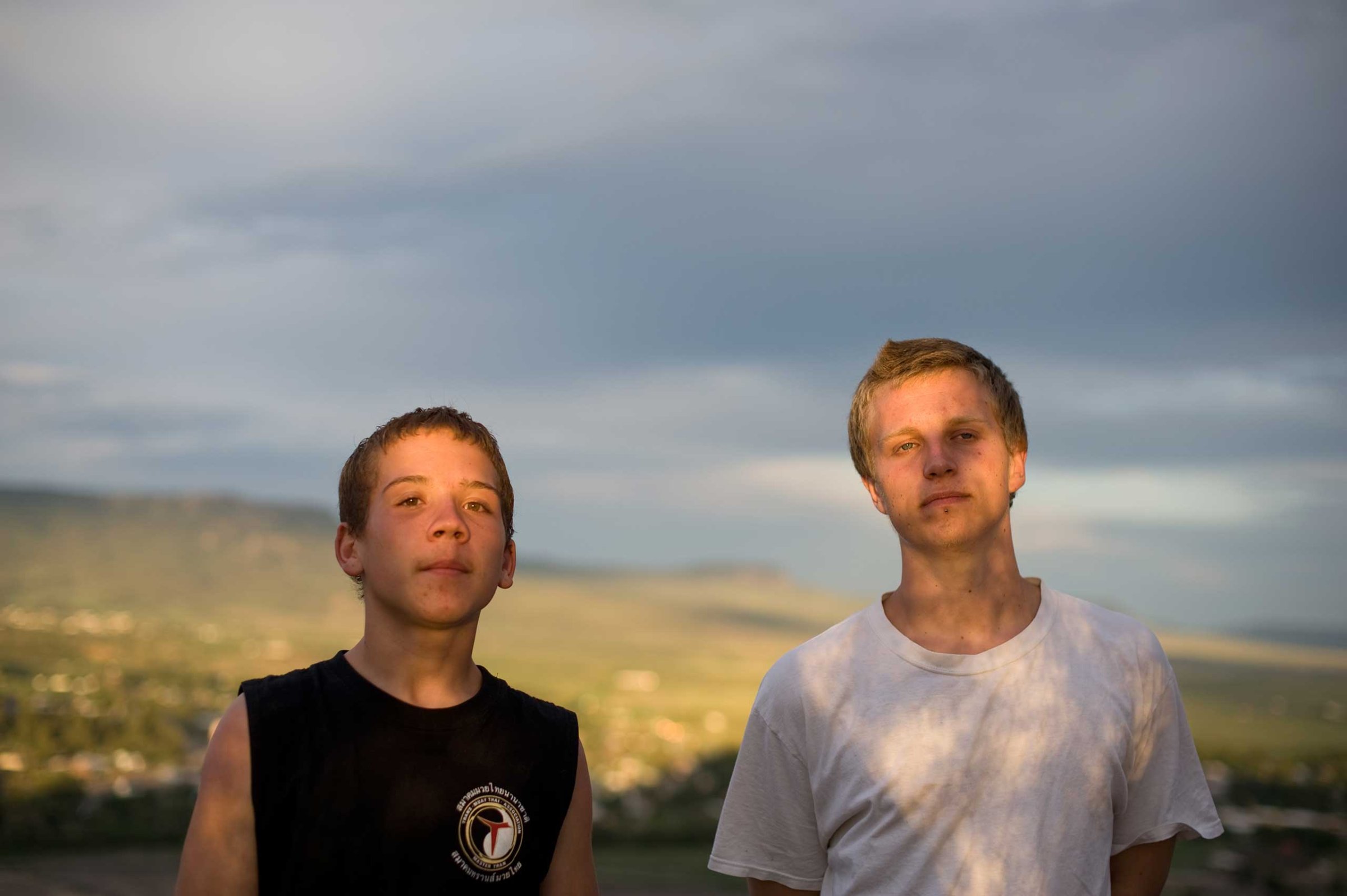
Isadora Kosofsky has been photographing since she was 14 years old. In her early projects, she documented the loss and loneliness of senior citizens in assisted living facilities. Now 20, she has recently completed a series that peers into the world of youth incarceration. In photographing one family for over two years, she explores the impact the vast and complicated juvenile justice system has on individuals and their families. Here, she tells TIME how she broke through the physical and emotional barriers that surrounded her subjects.
My interest in youth incarceration began when I was about 14. I had friends who had connections with and experiences in the juvenile justice system. I felt at the time that those were the people that I related to and identified with the most. I wanted to embark on a project about incarcerated young people, but unfortunately I was too young to photograph in those environments. I did write to many facilities over a few years and always received rejection letters. When I turned 18 a few facilities responded and said they were interested because they thought it was an innovative idea — they were interested in my desire to go beyond stereotypes.
I was photographing at a juvenile detention facility in Albuquerque, New Mexico when I met Vinny, and felt an immediate connection. There was something so compelling about him — so mature and wise. I saw a part of myself in him, as I do in a lot of the people I attach myself to. I started talking to him and he started crying and told me about what had happened and about his life. Vinny later told me that he was being detained because he stabbed the man who was assaulting his mother, “When my mom was being beat up, I was so scared. I wanted to defend my mom. I’m tired of seeing my mom get hurt,” he said. I think he opened up to me because he had never been asked his story, or asked how he was doing or feeling.
Eventually I met his mom and his brother, David. What I had learned about the brother’s close relationship intrigued me. Vinny considered David as a father figure and David saw Vinny as the only person who appreciated him. While Vinny sat in the juvenile detention center, his older brother David, then age 19, was released from a nearby adult facility. David, who was introduced to drug dealing at the age 10, has been in and out of juvenile and adult correctional systems..
David was definitely the hardest person in the family to get close to. He shut the door in my face when I went to their house for the first time. David, their mom, Eve, their two younger siblings and David’s girlfriend, Felicia, were all living at the house. Vinny was still in detention and I was trying to form a relationship with Eve. I knocked on the door looking for her, and he opened it and said, “I don’t know how she handles it, but you can’t come in,” and shut the door. For months he thought I was a social worker or somebody in a position of authority, wanting to investigate and enter the house for reasons that would cause instability. Everybody involved was suspicious of me, except for the two youngest children.
I had to show that I was trustworthy, sincere, “real,” as David called it. S0 I’ve made myself available by phone for the past few years during the times when David had been in jail, and I wrote to him and he wrote to me. I think being emotionally present for him contributed to our bond. When you’re in jail, there’s a deep fear of abandonment and disconnect, so I made the effort. I wanted to go through that struggle with him, both personally and professionally, and that struggle has brought me closer to everyone involved, because it’s not until you experience that struggle that you really start to understand the complexity of that family dynamic.
Isadora Kosofsky is a documentary photographer based in Los Angeles. She hopes to continue documenting this family and publish the photographs so viewers can follow the ongoing story.
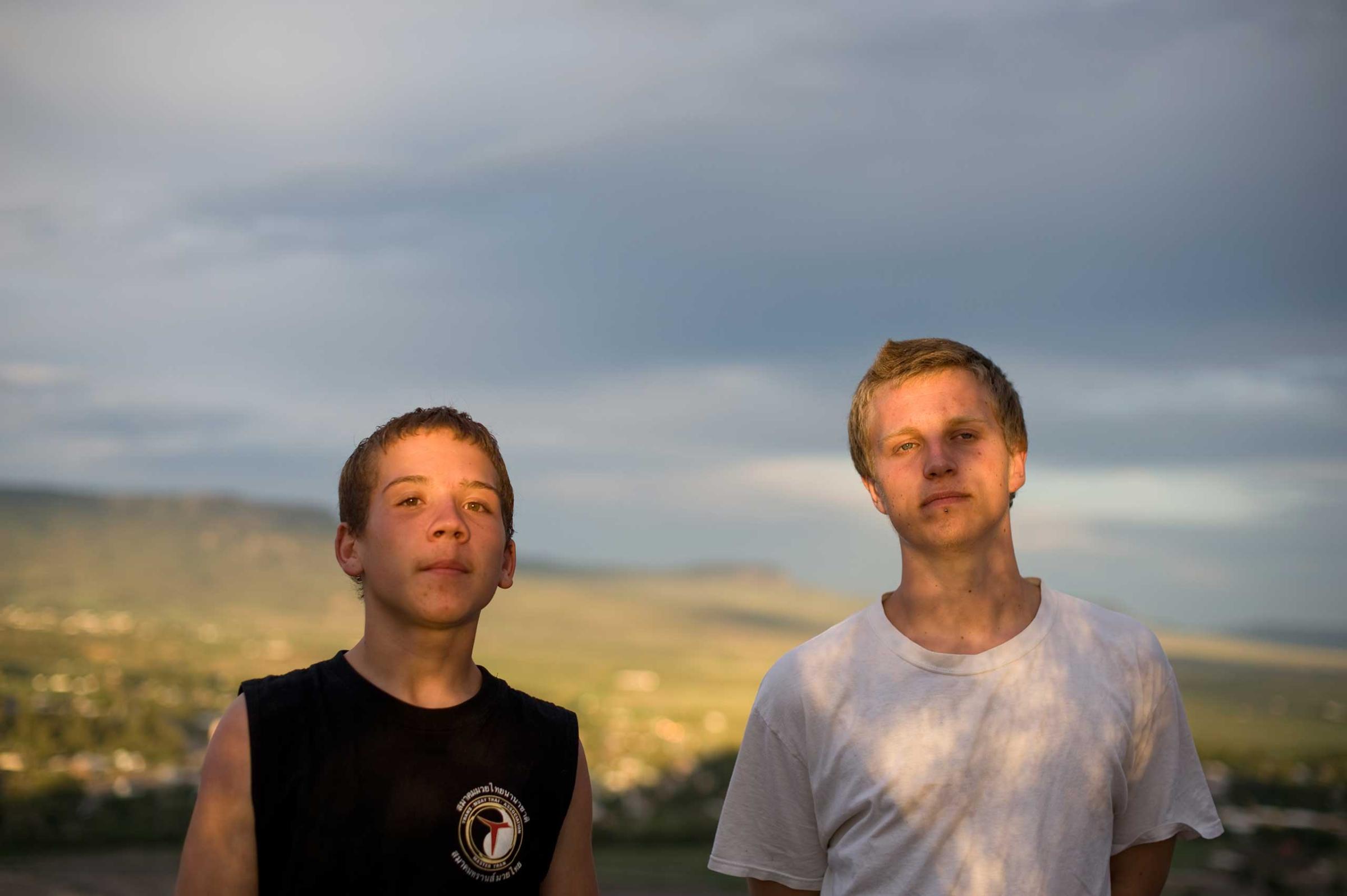
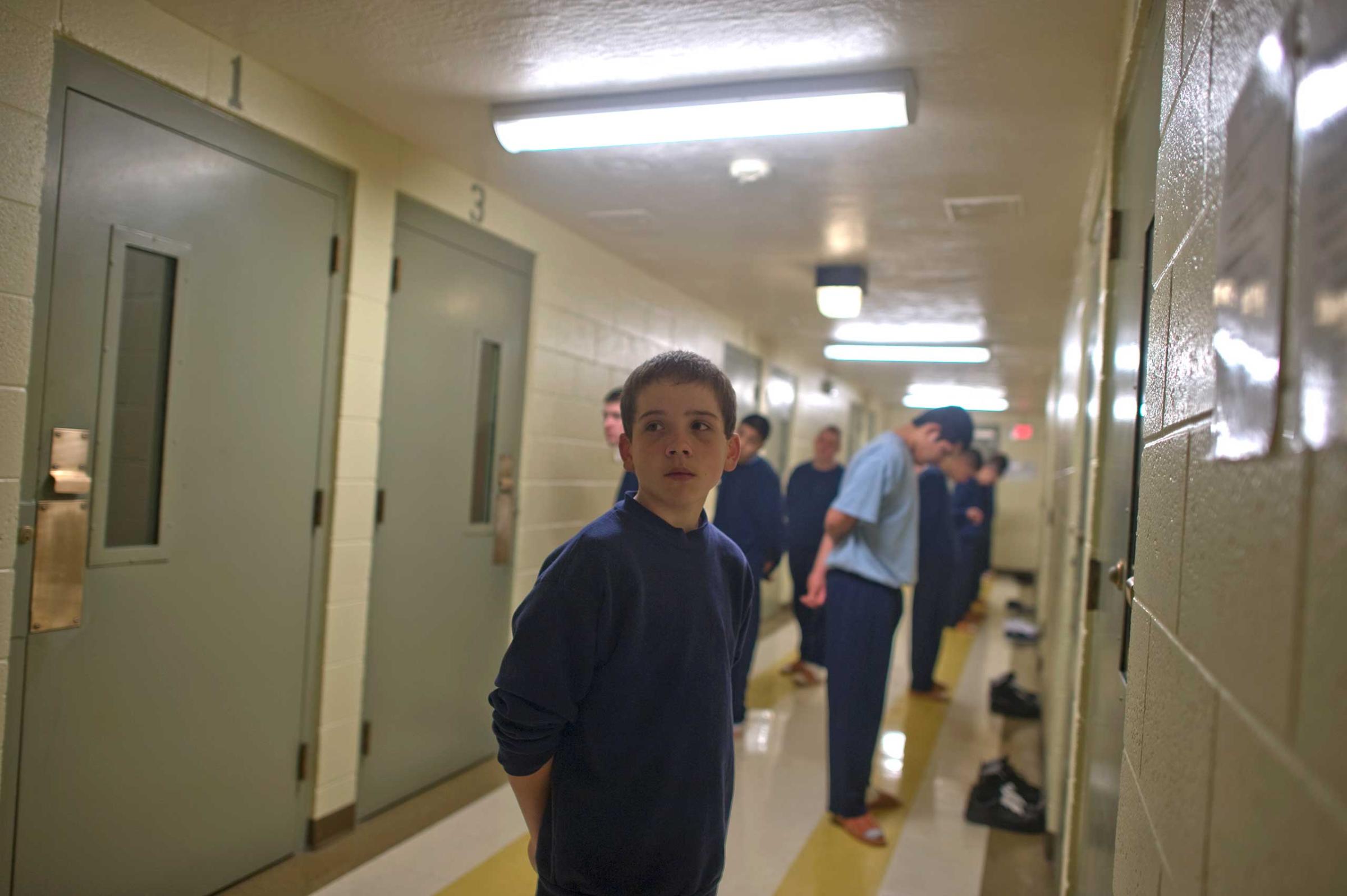
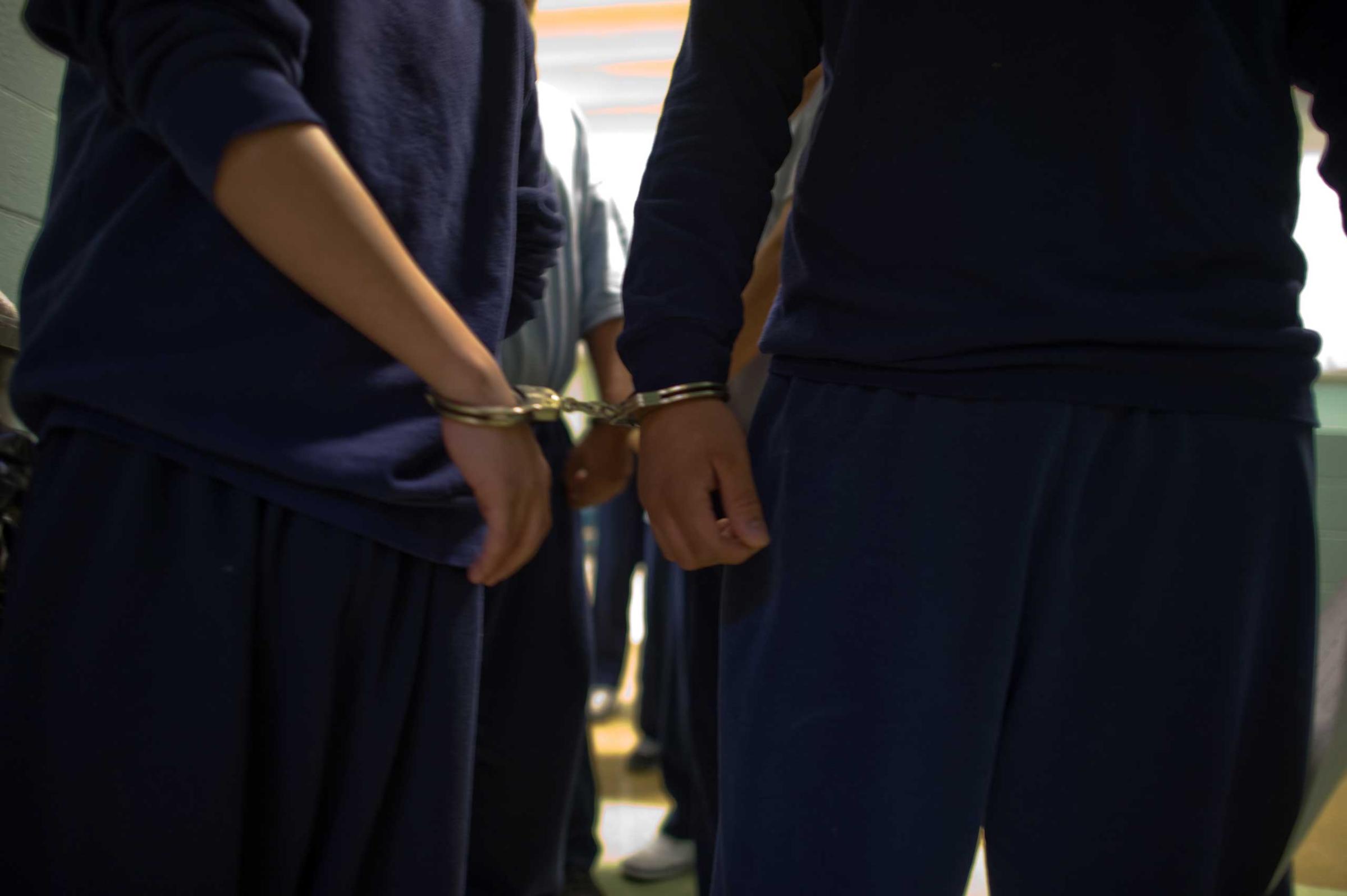
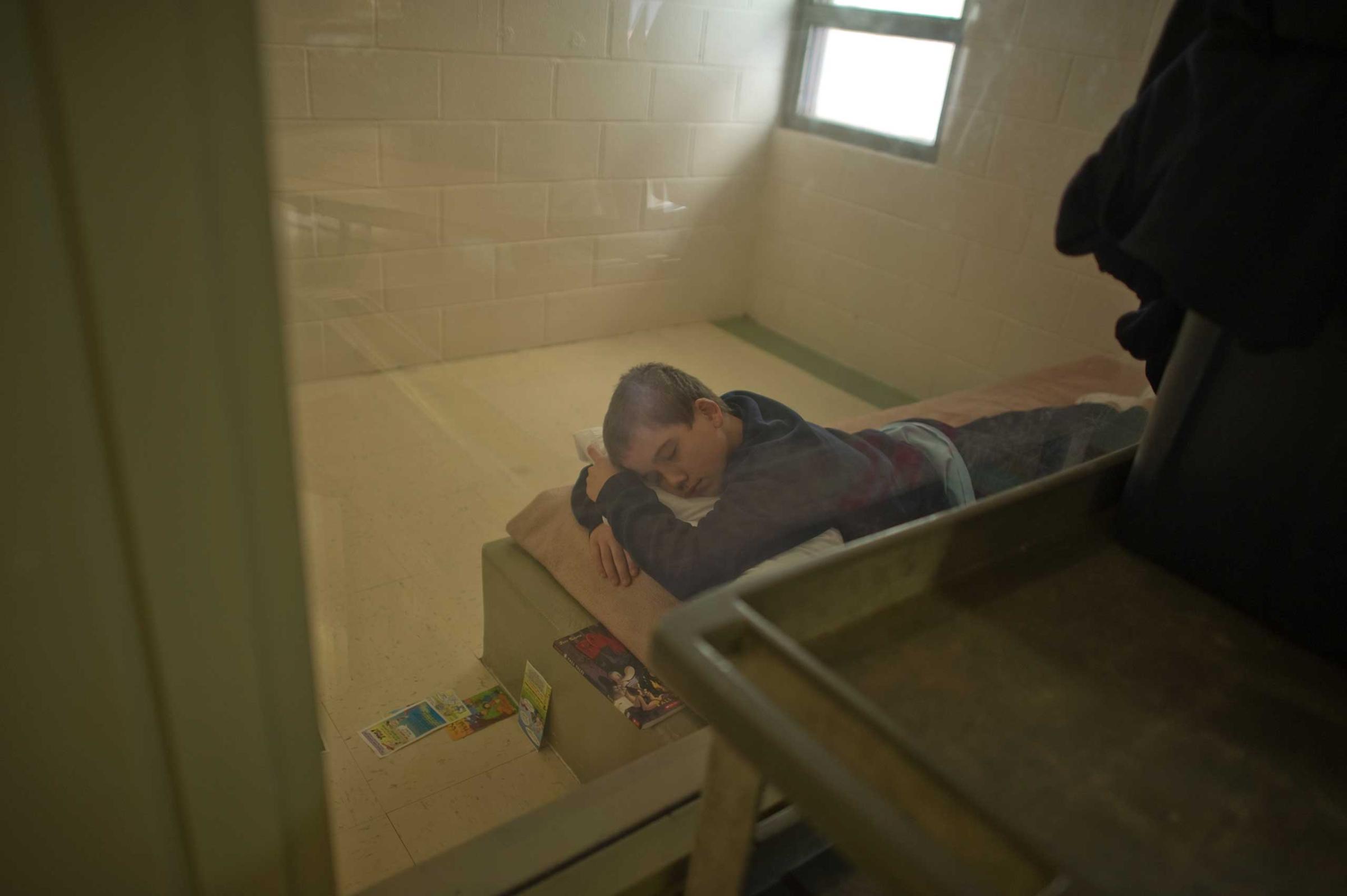
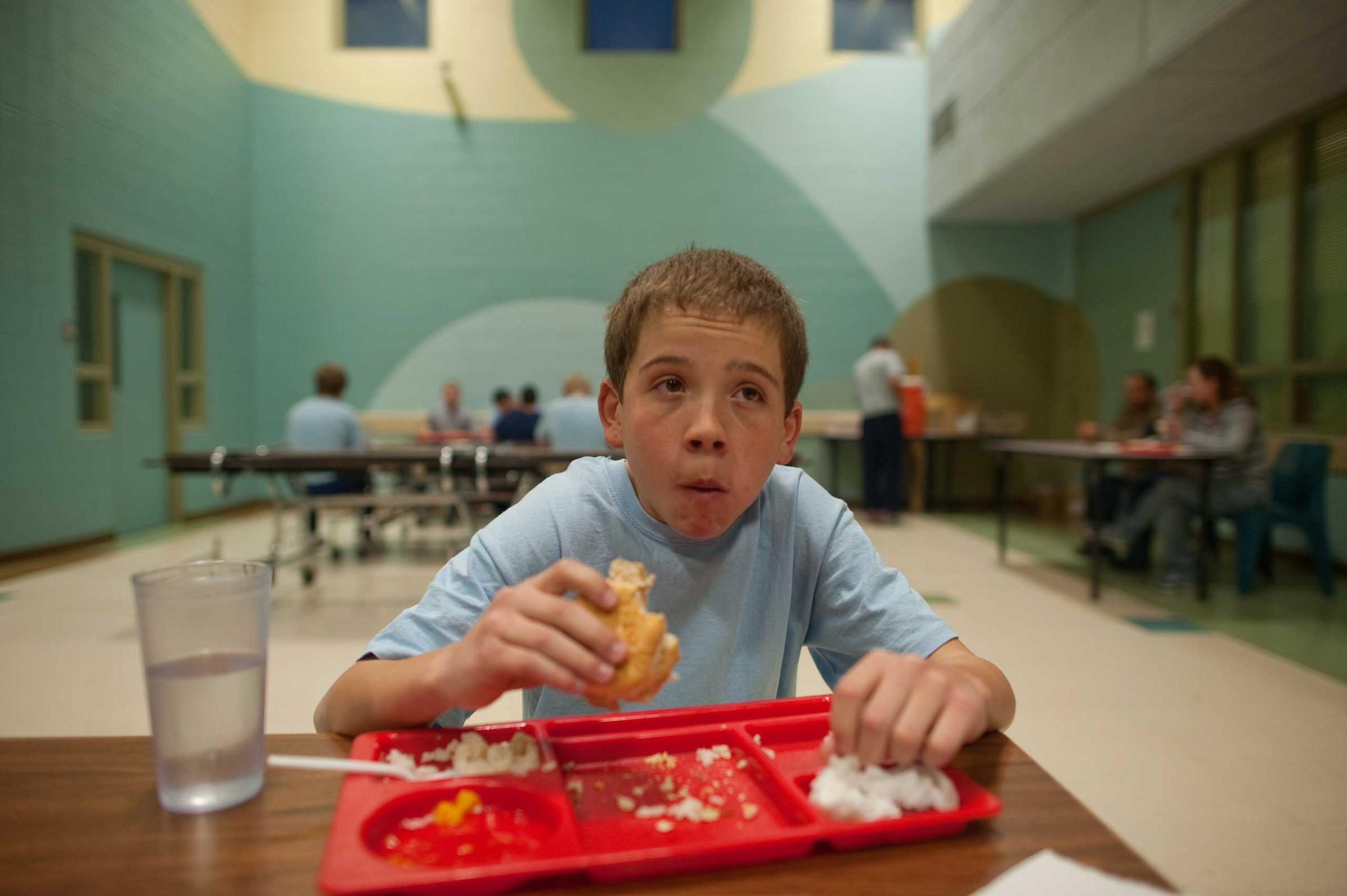
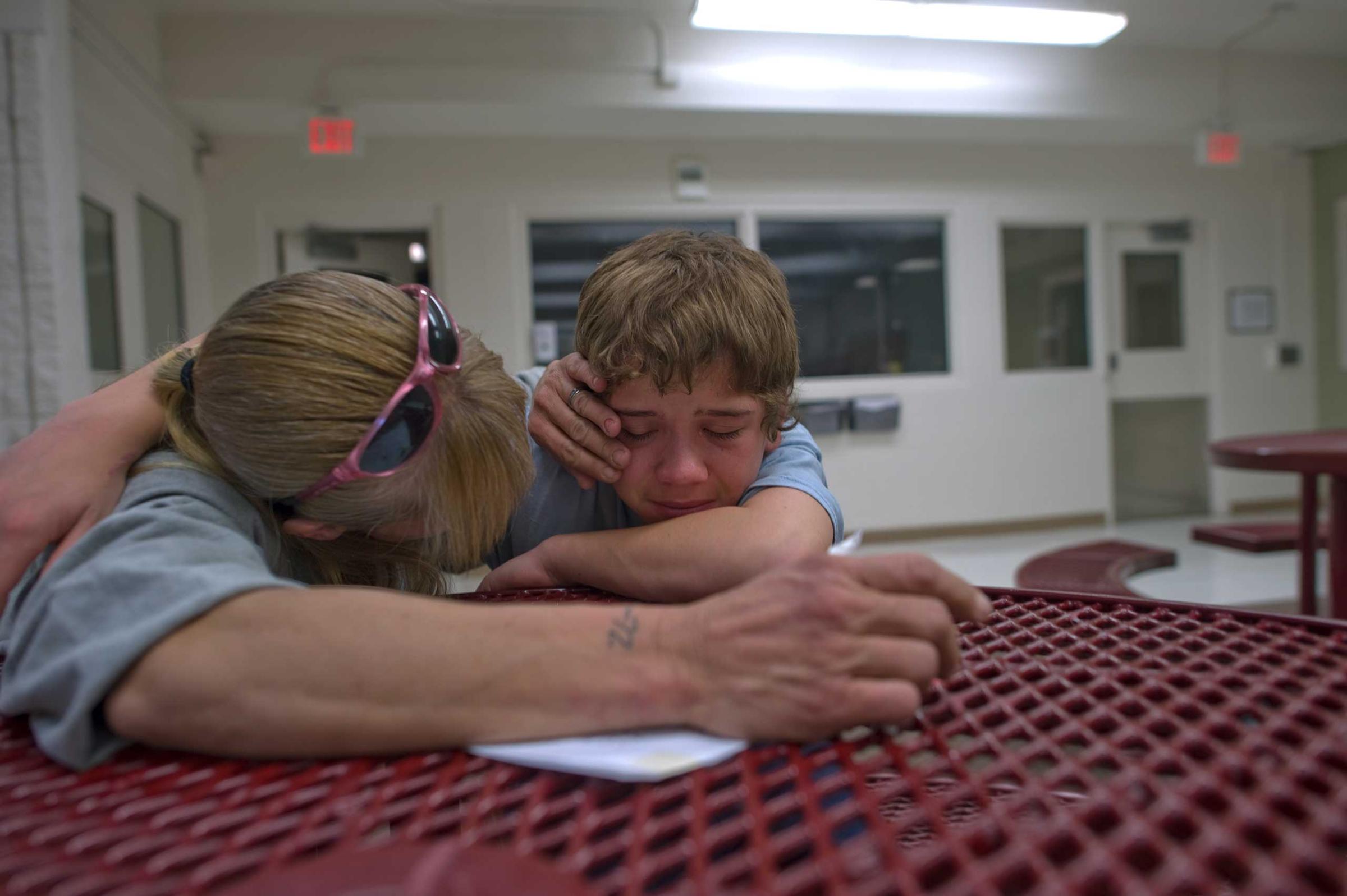
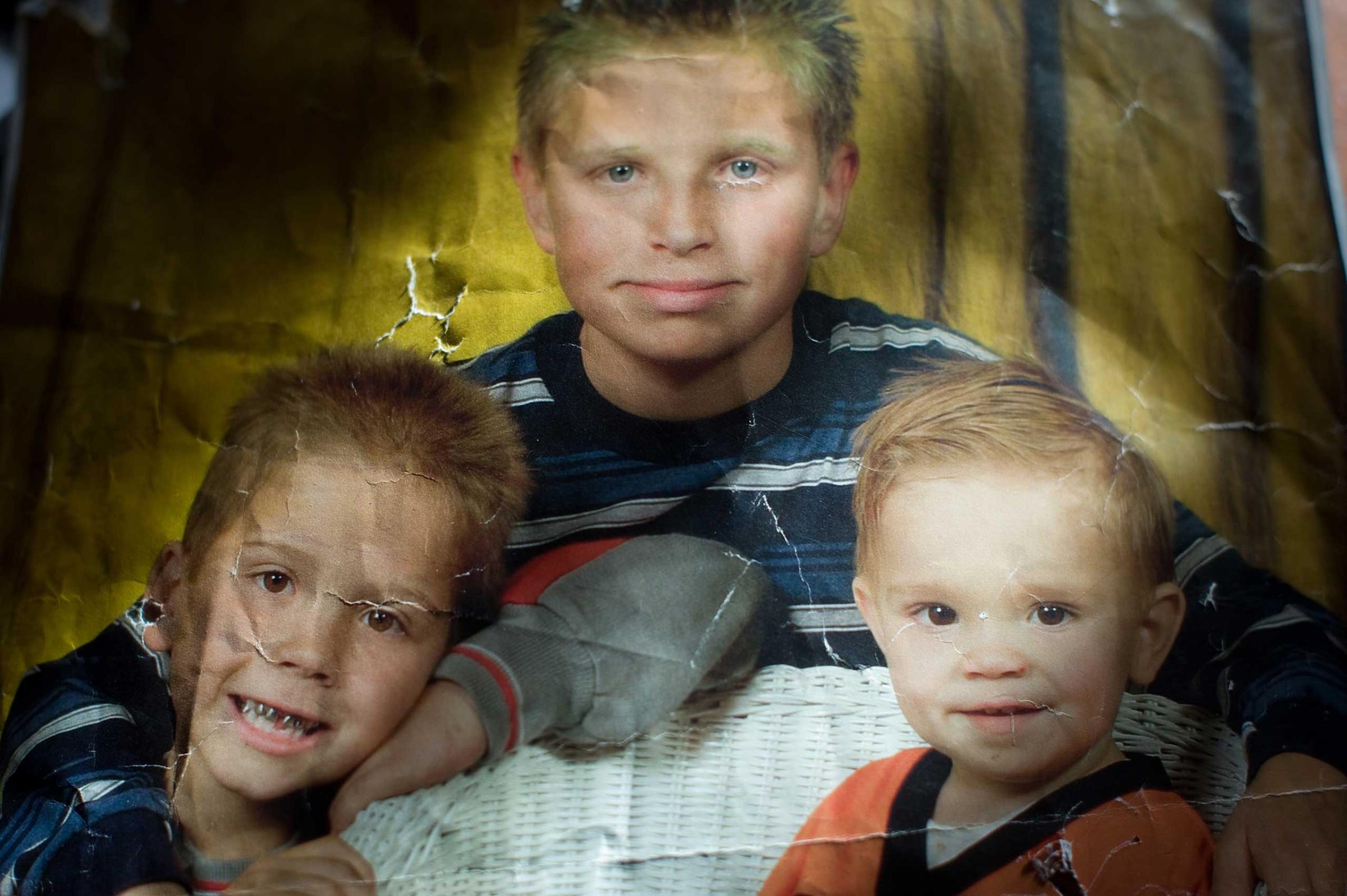
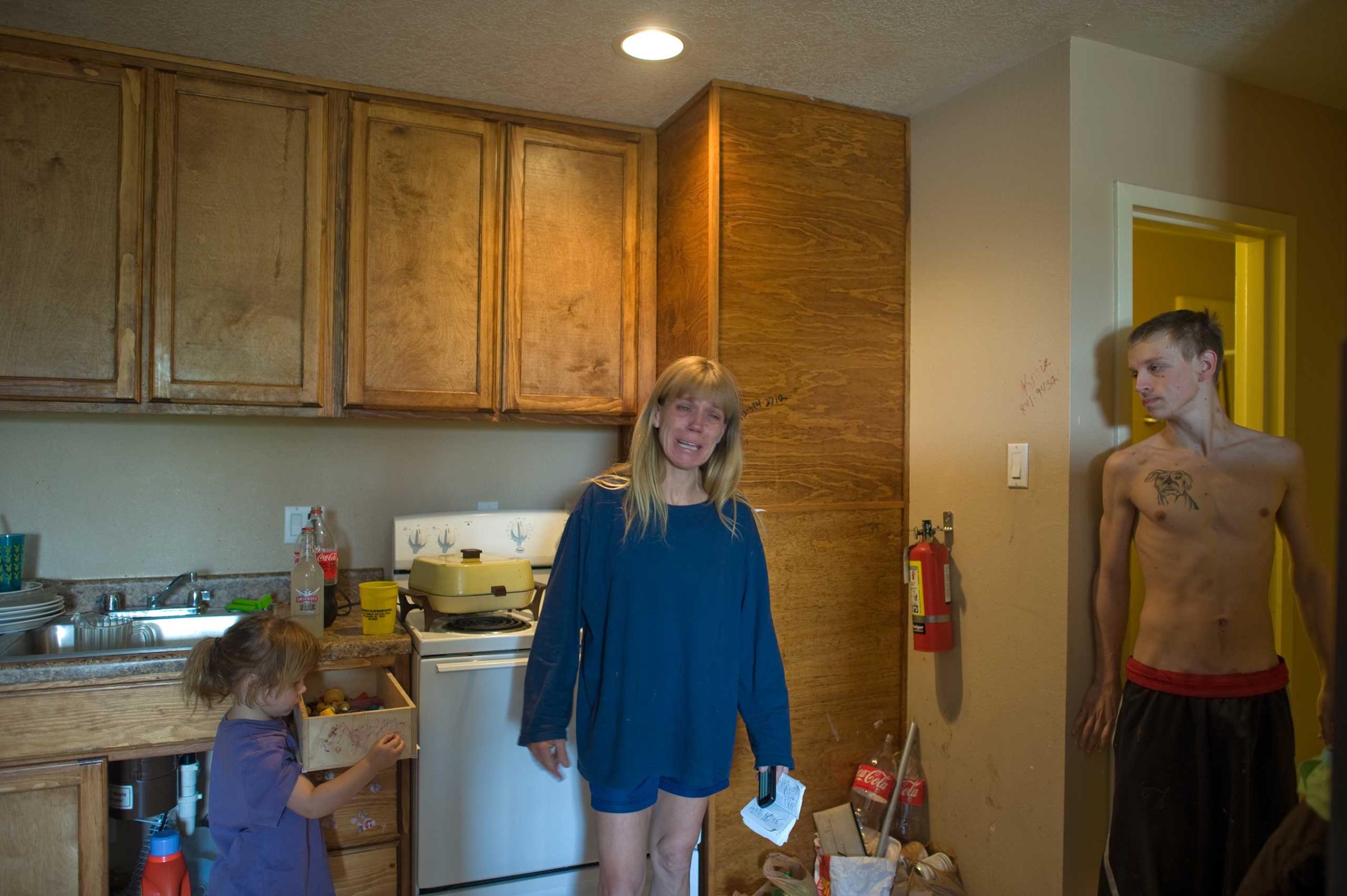
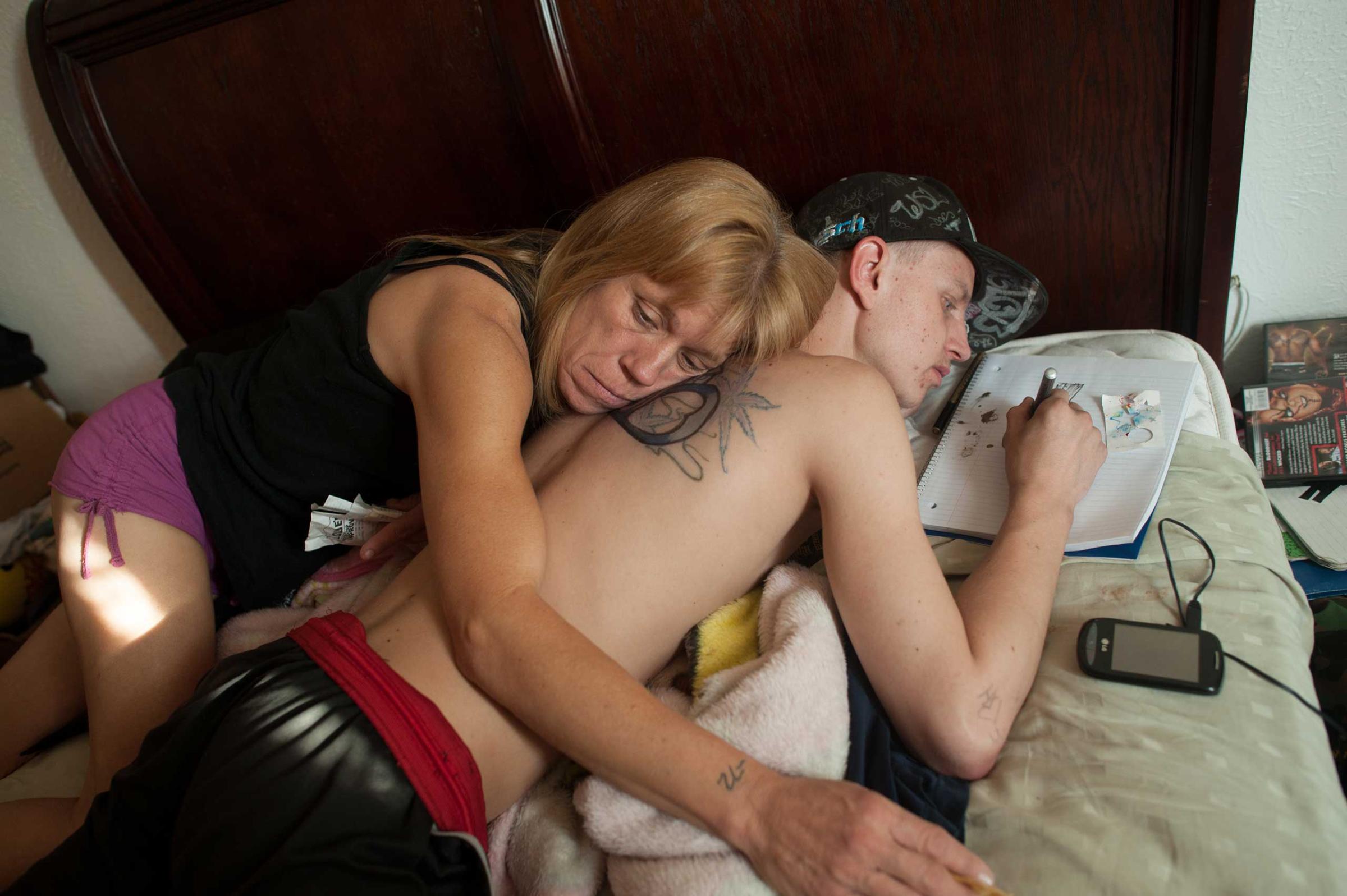
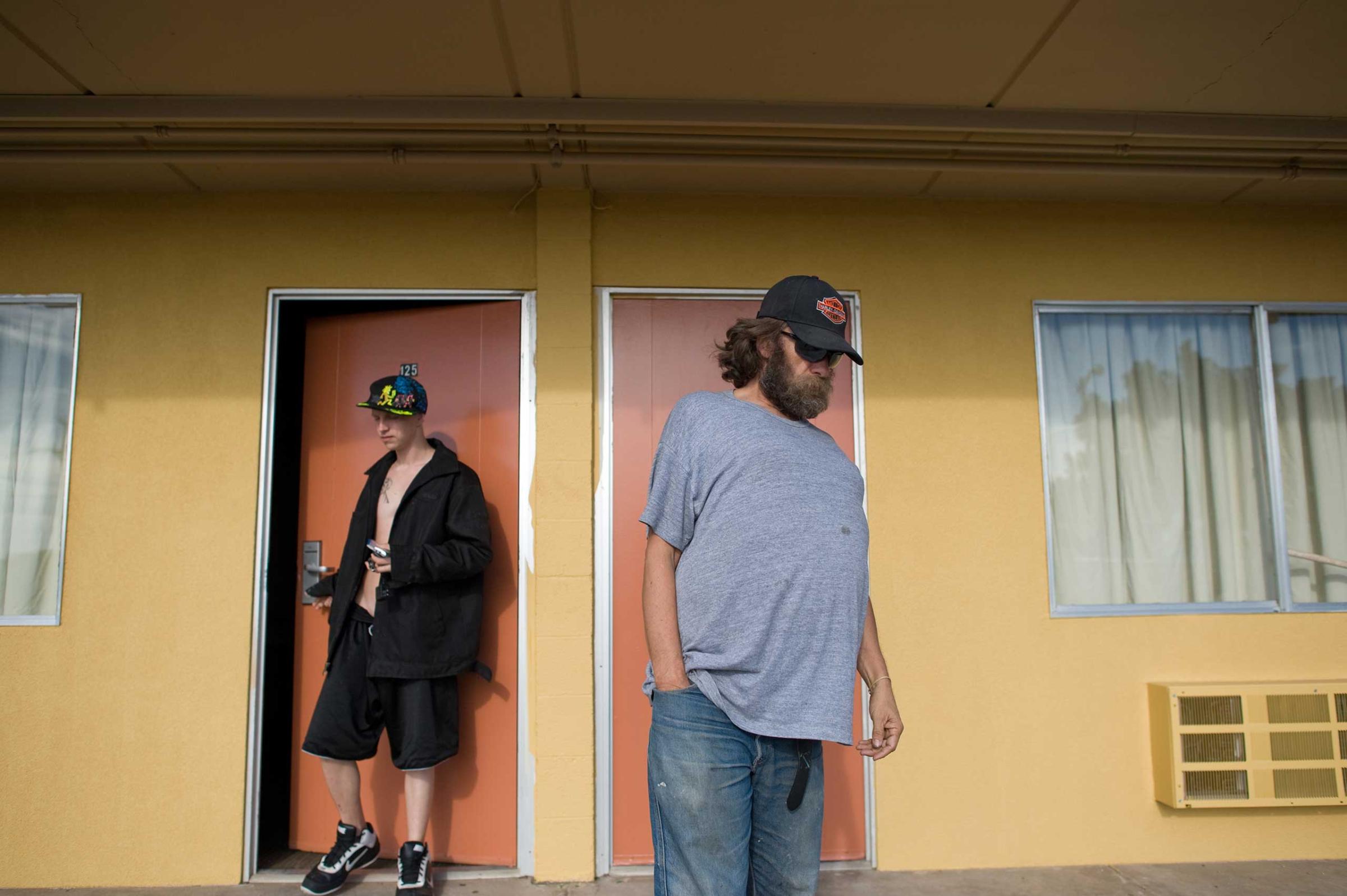
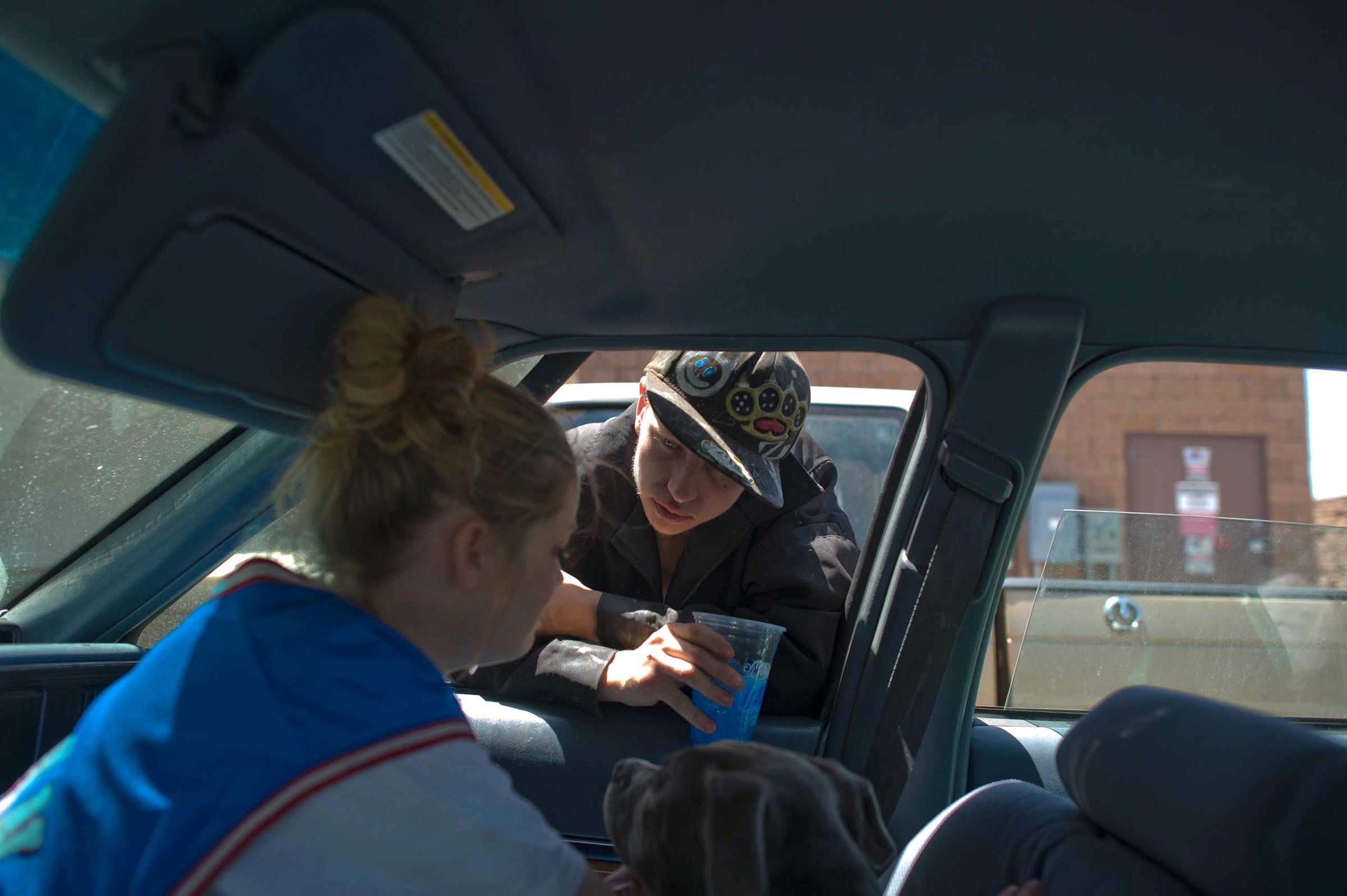
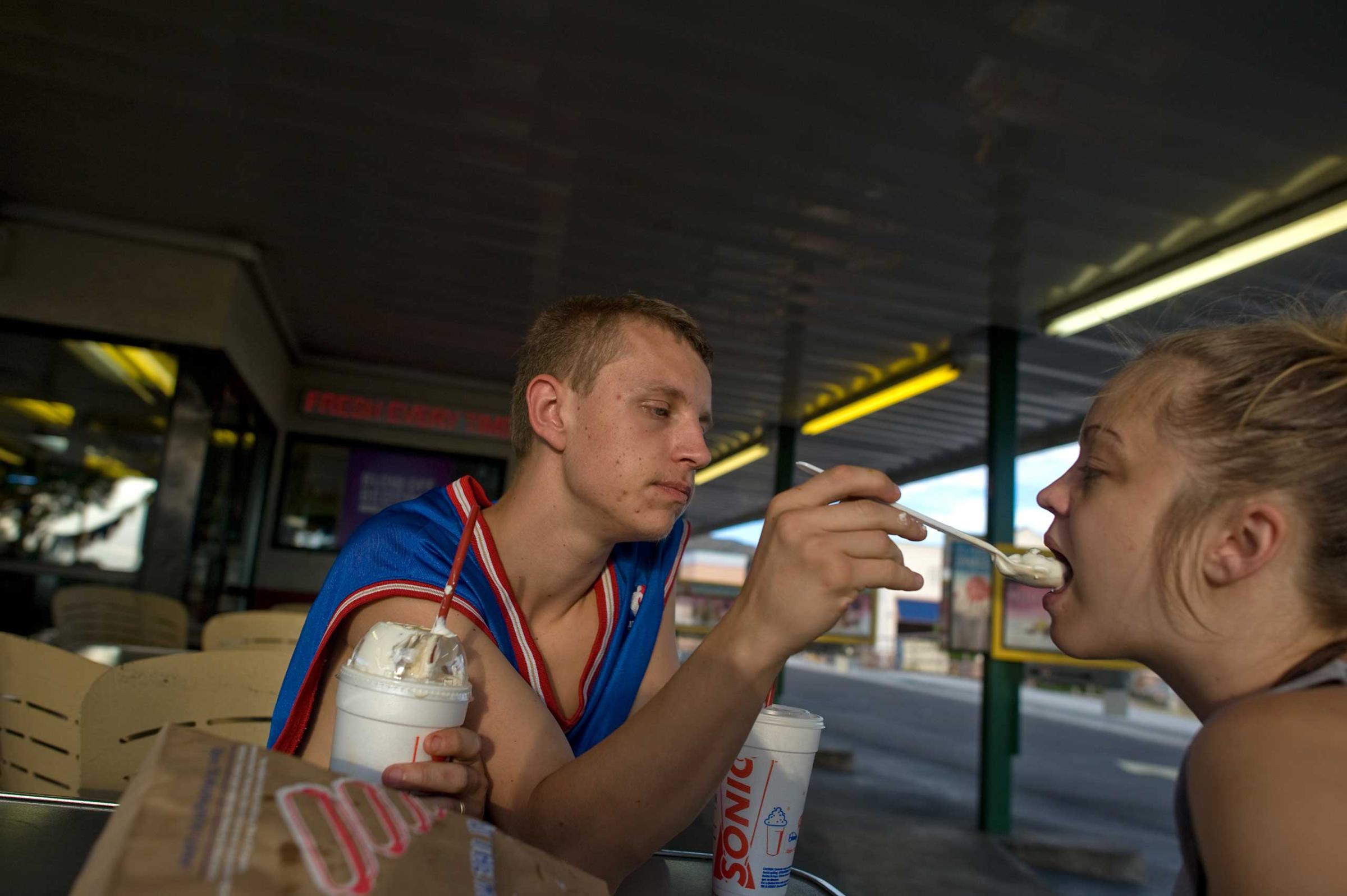
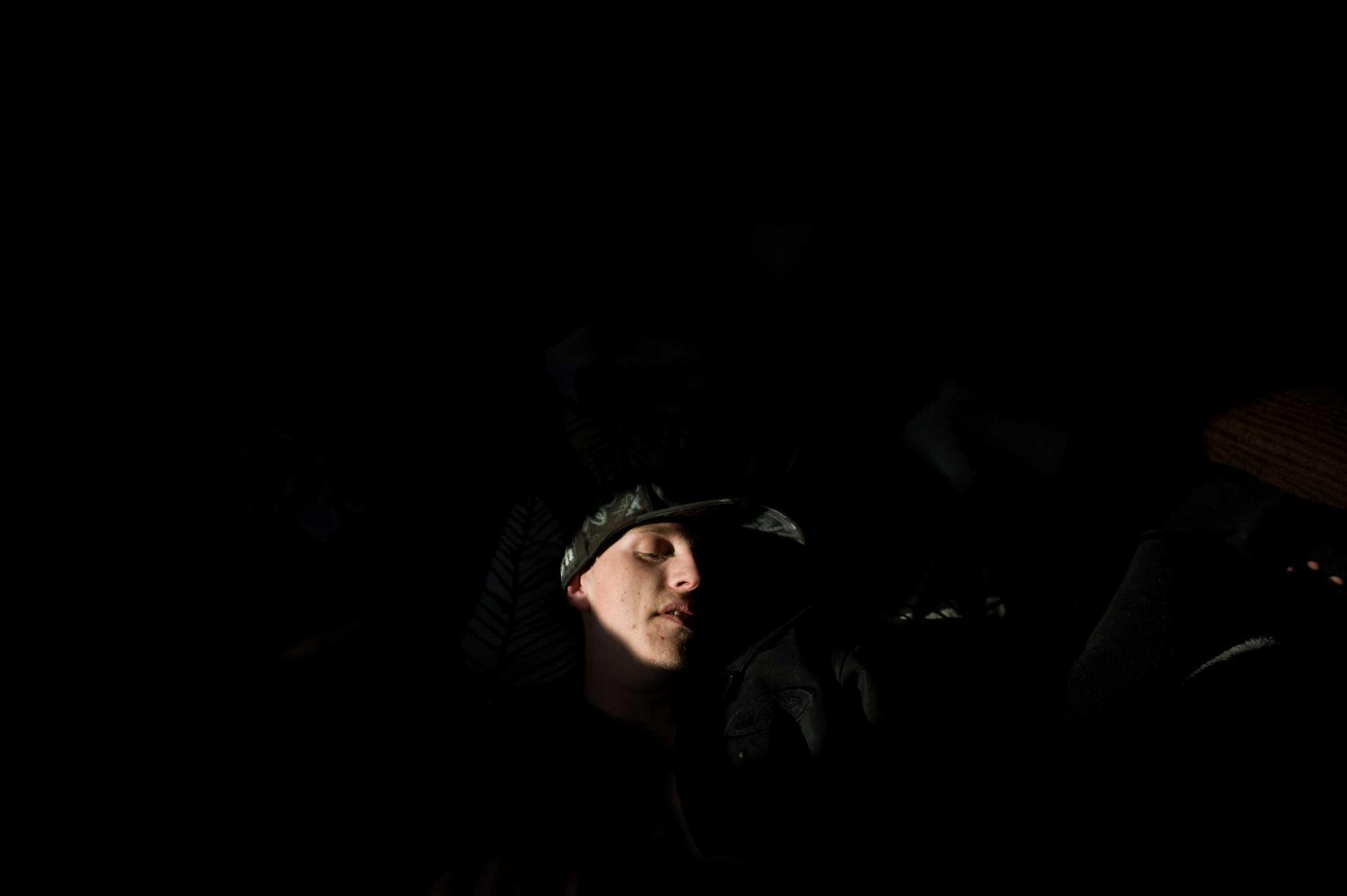
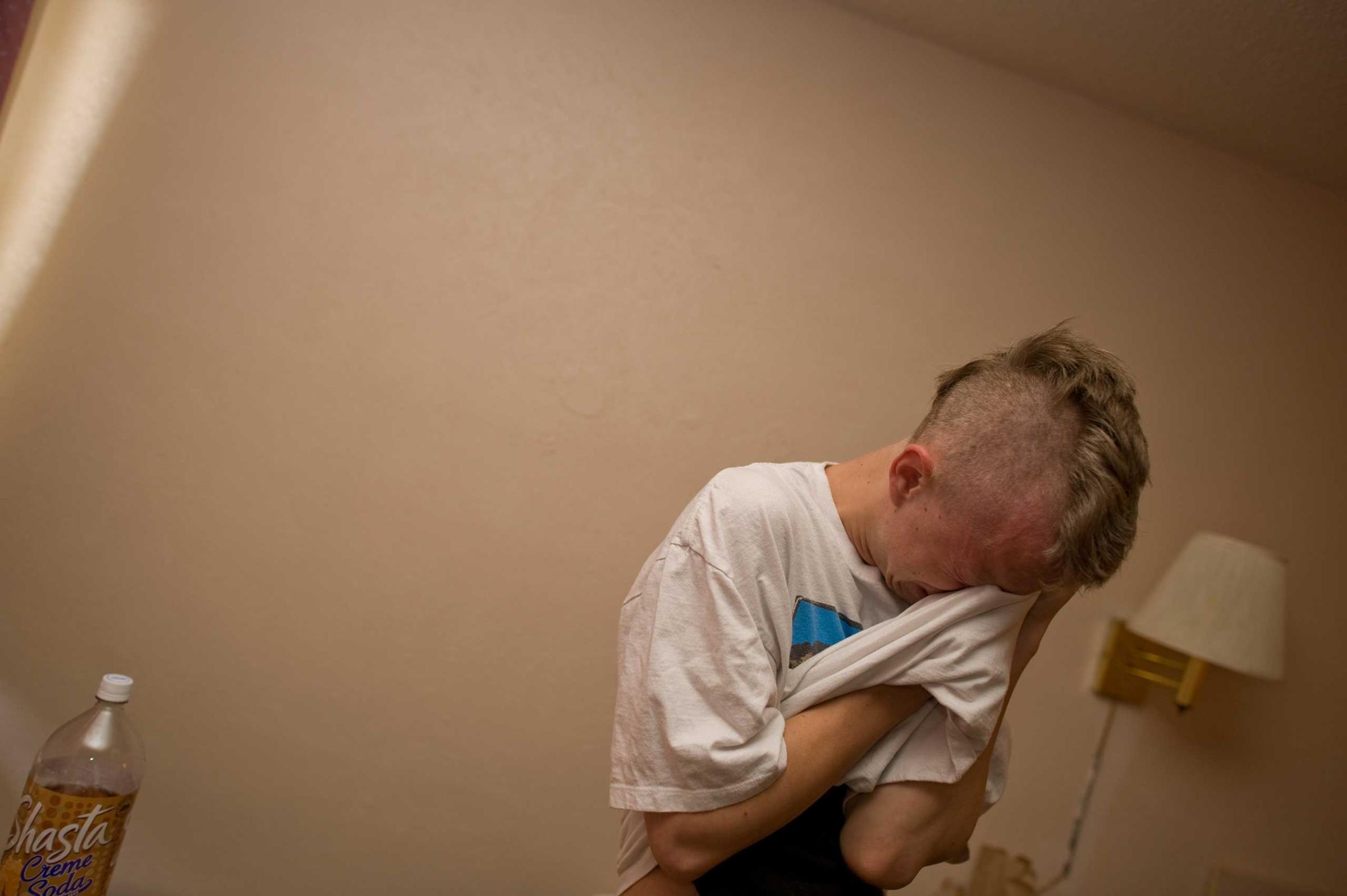
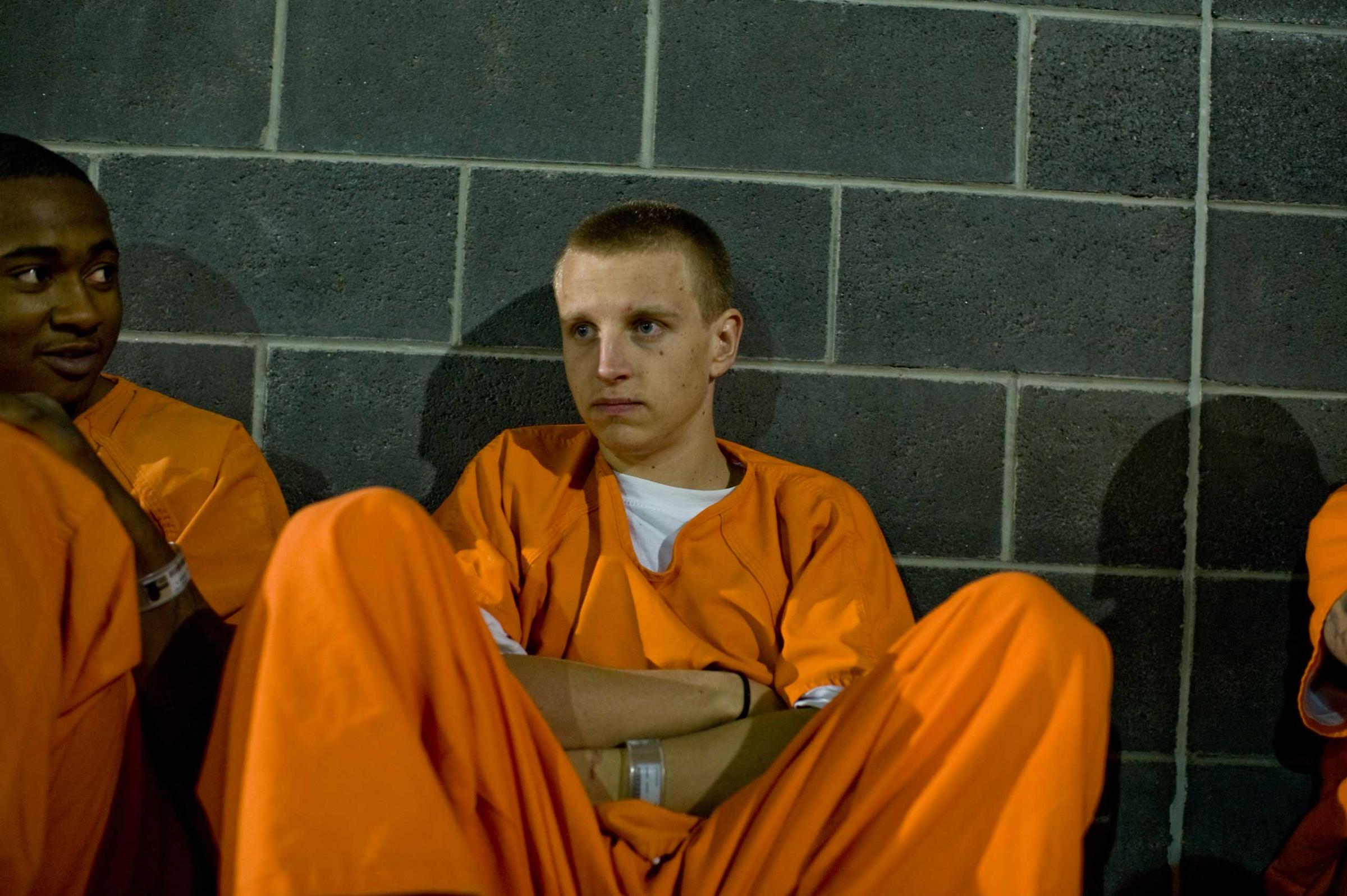
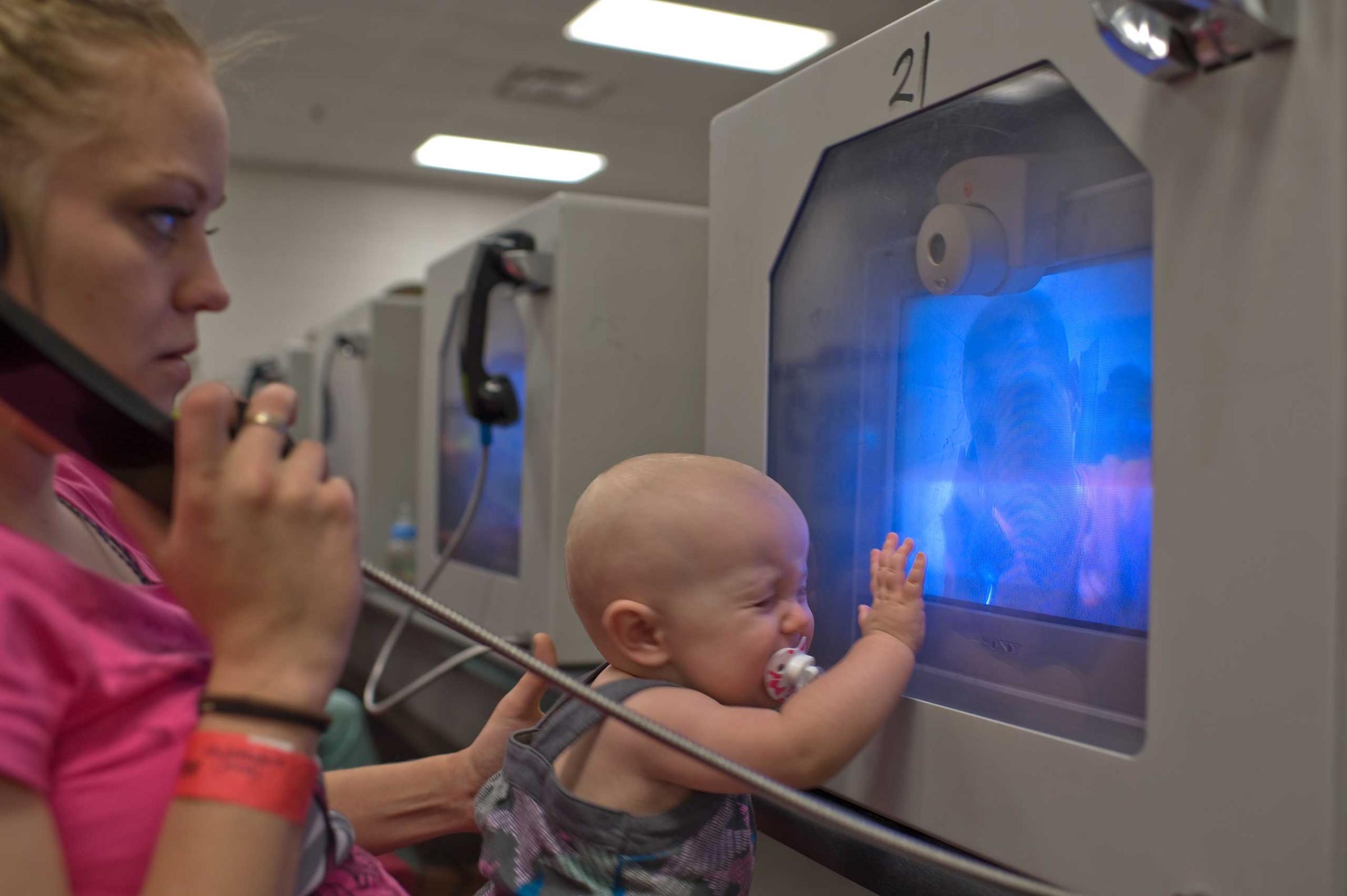
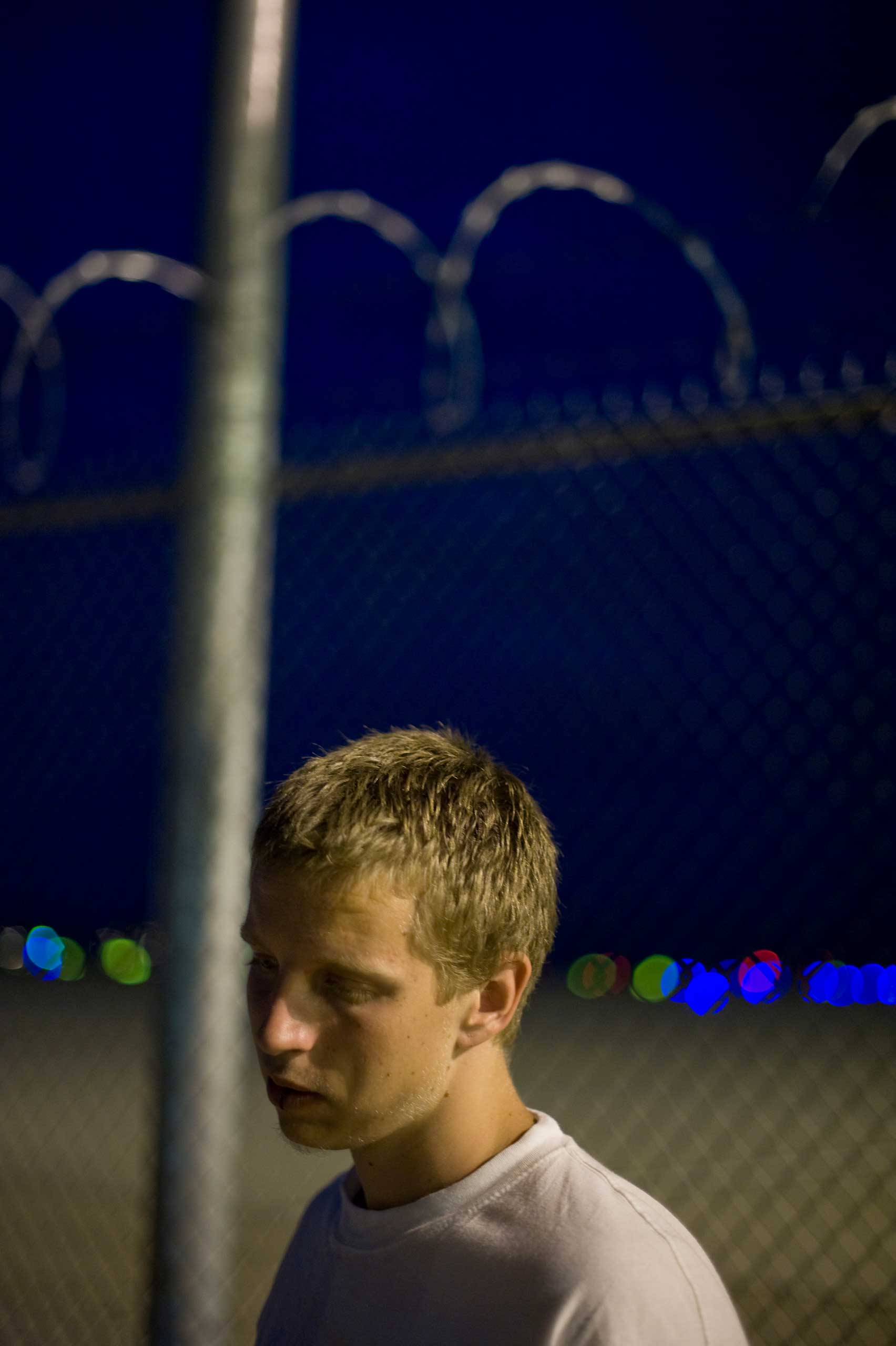
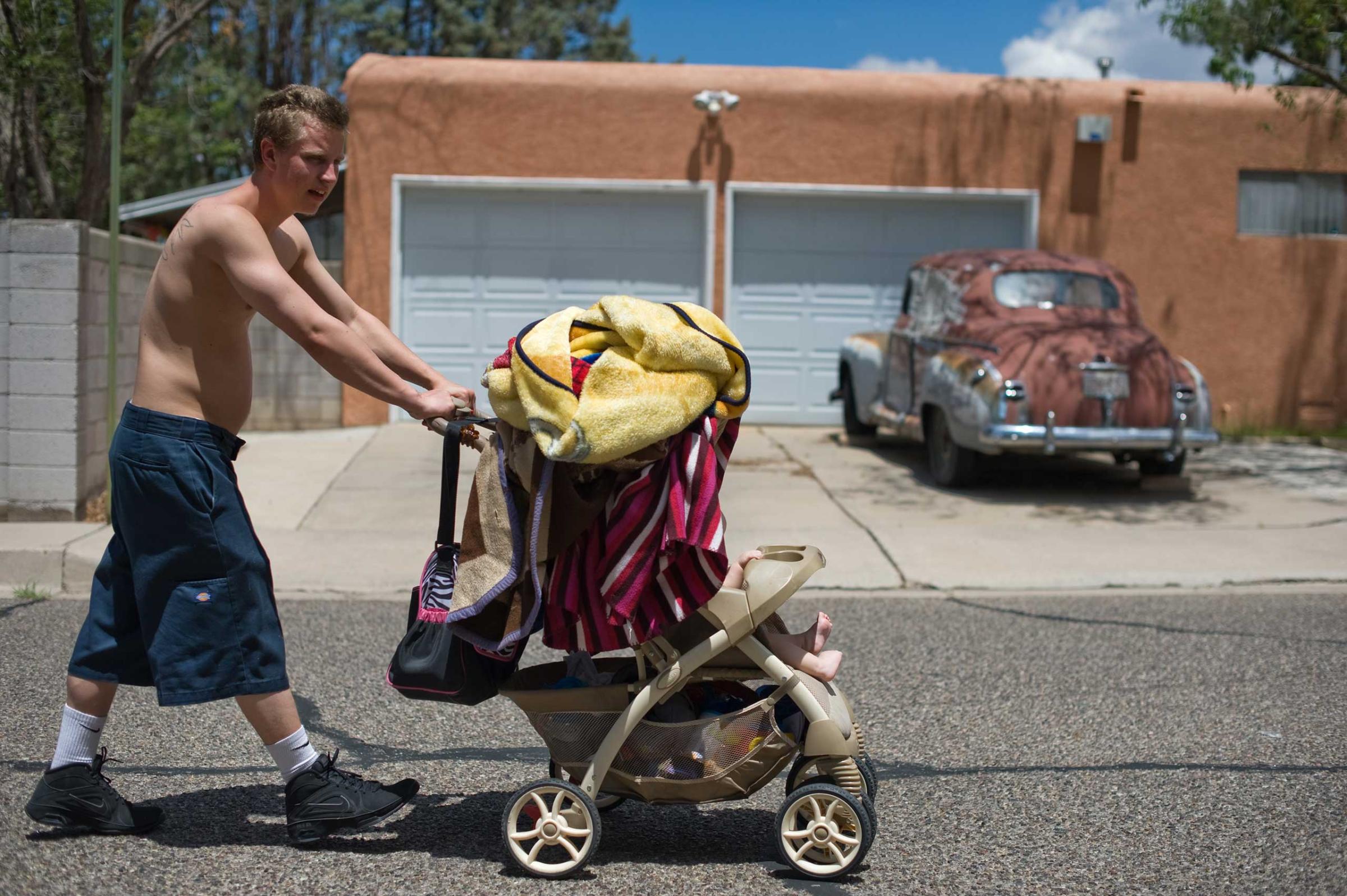
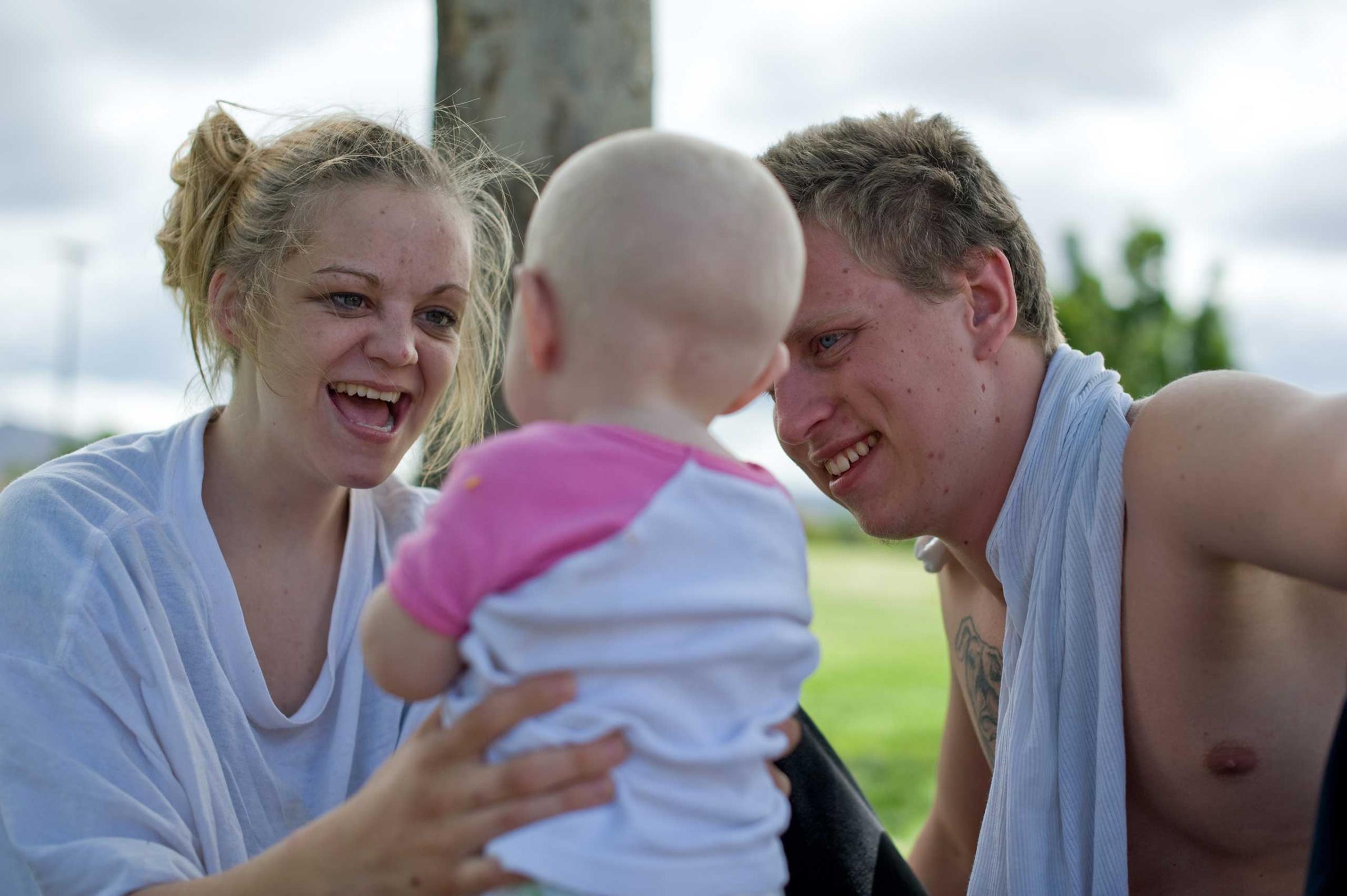
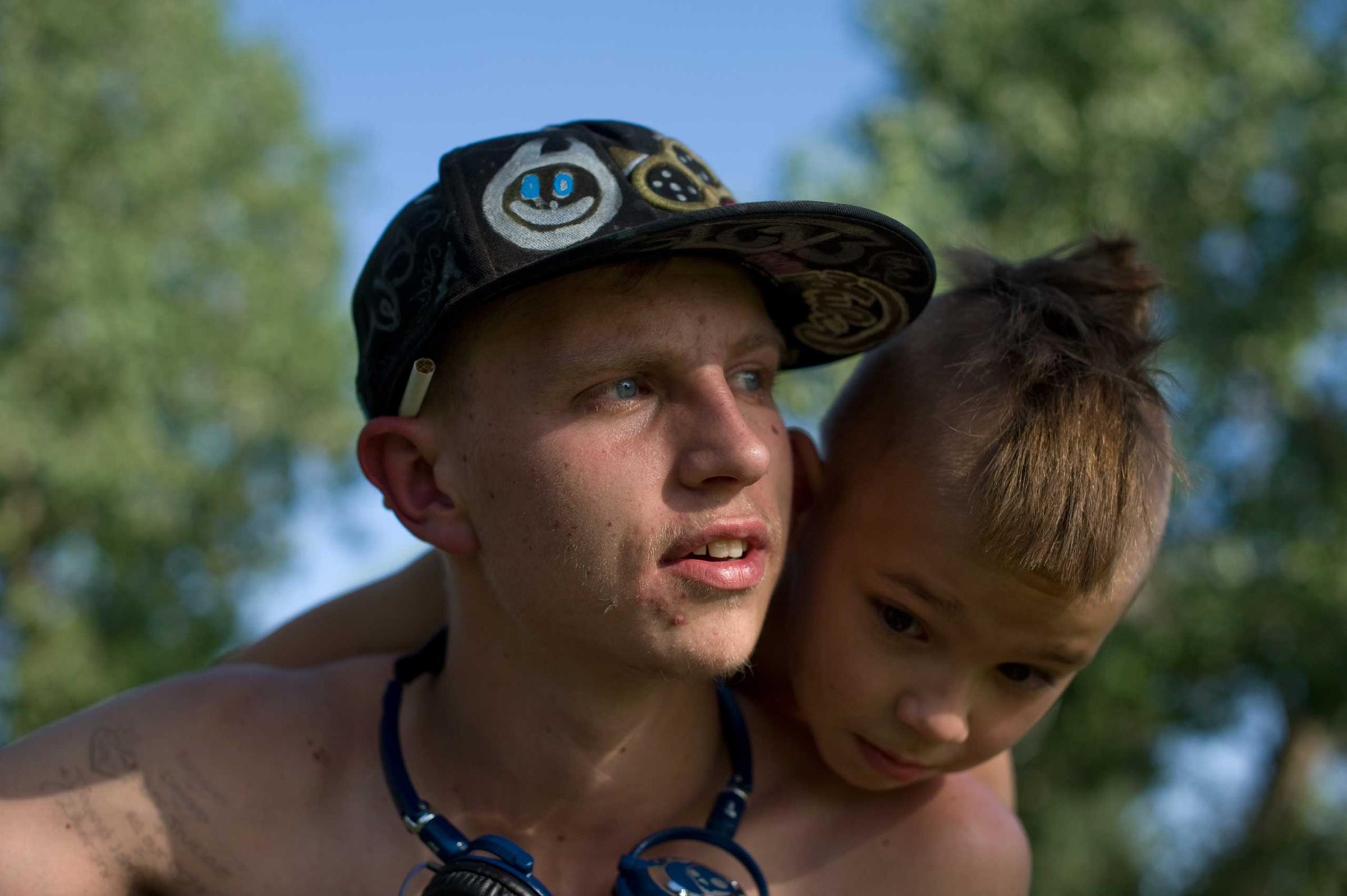
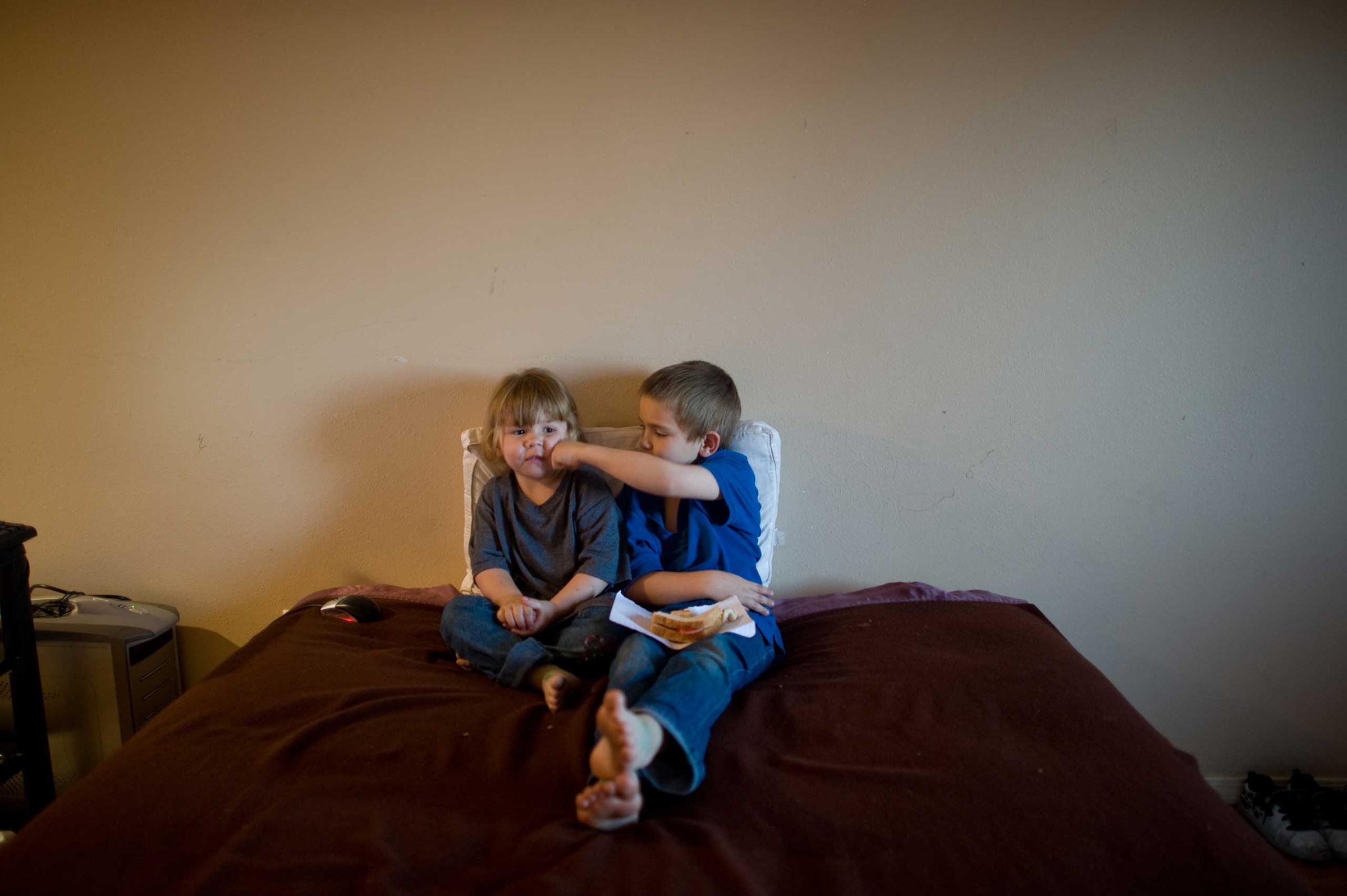
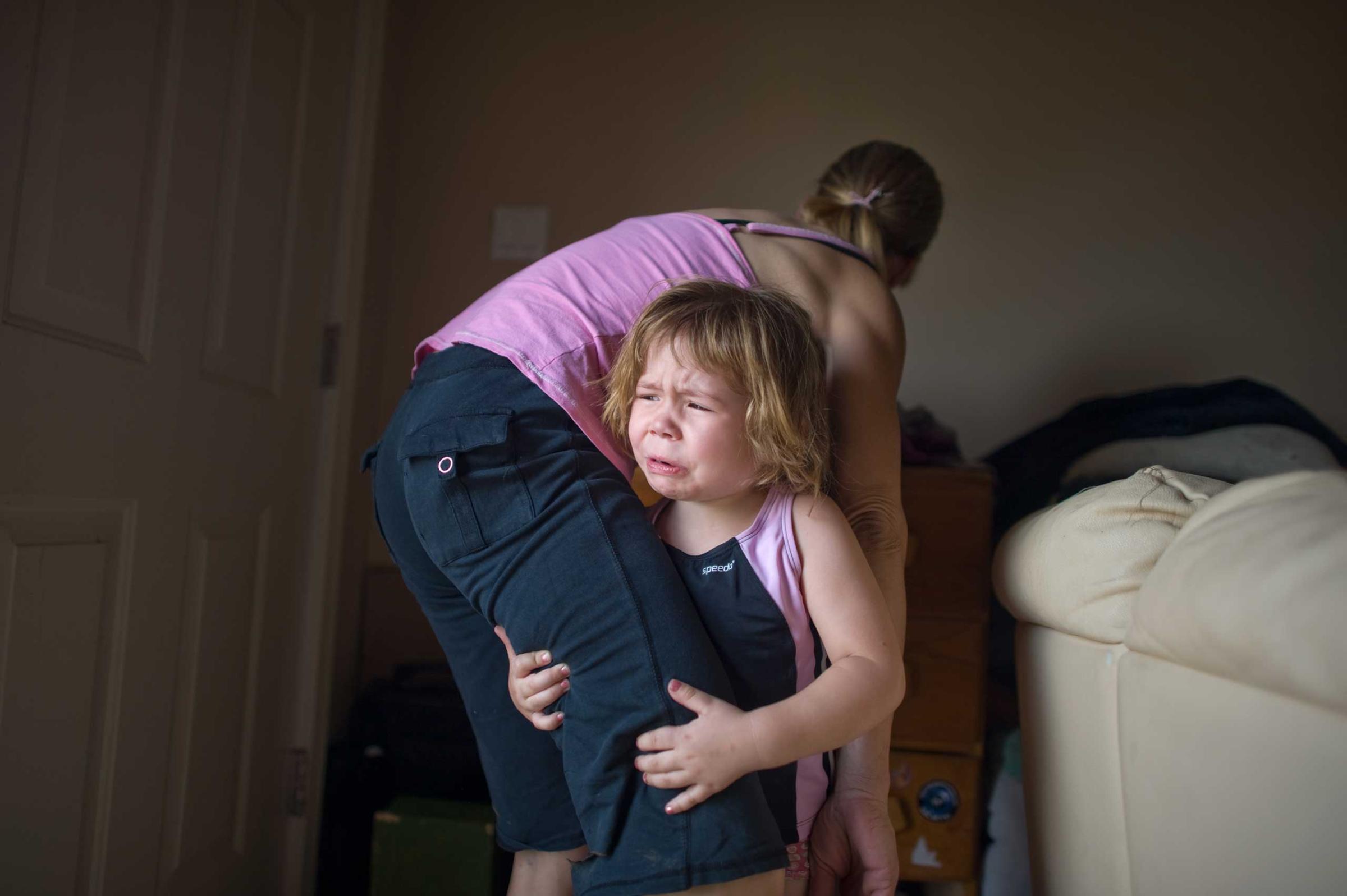
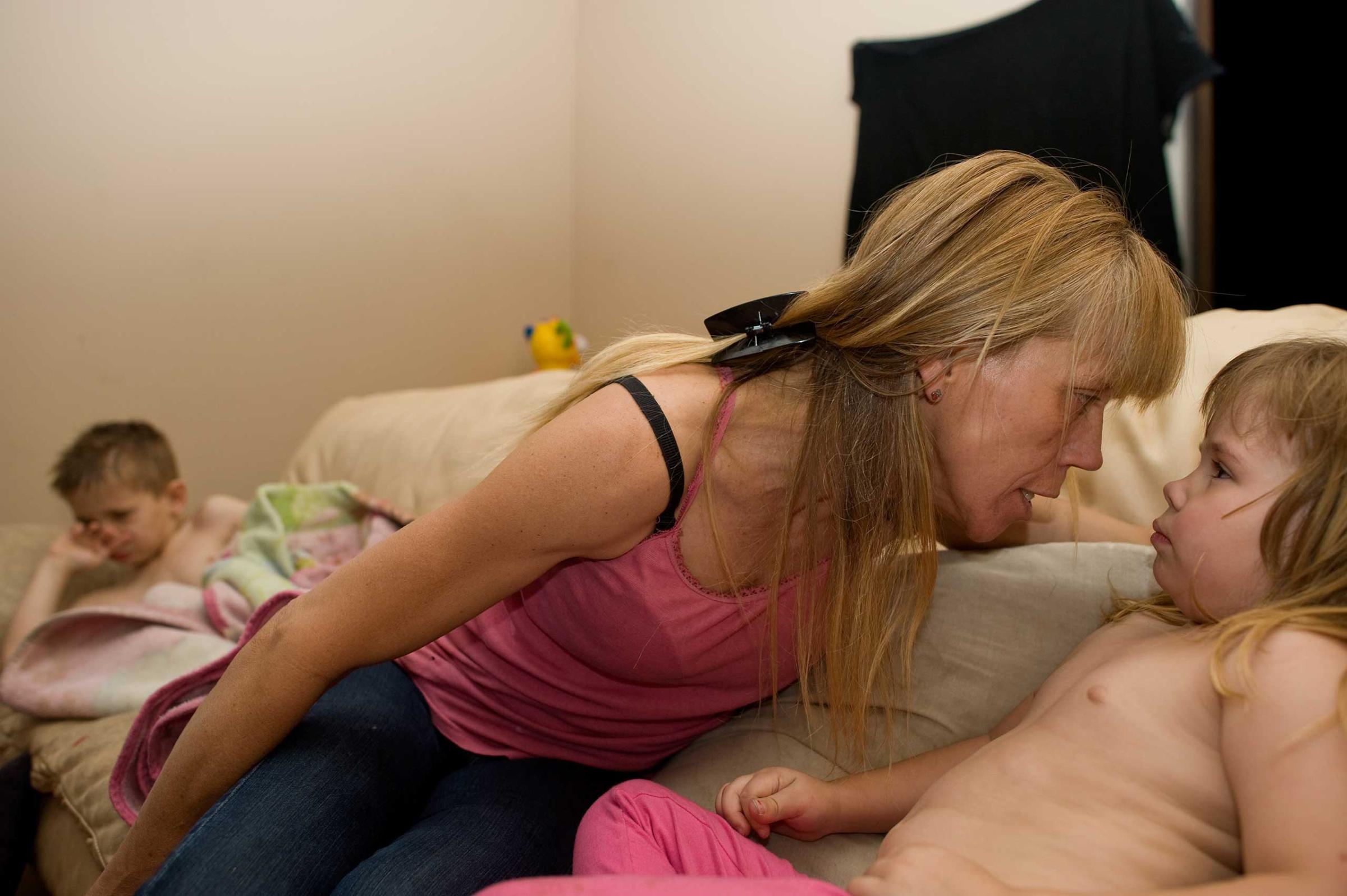
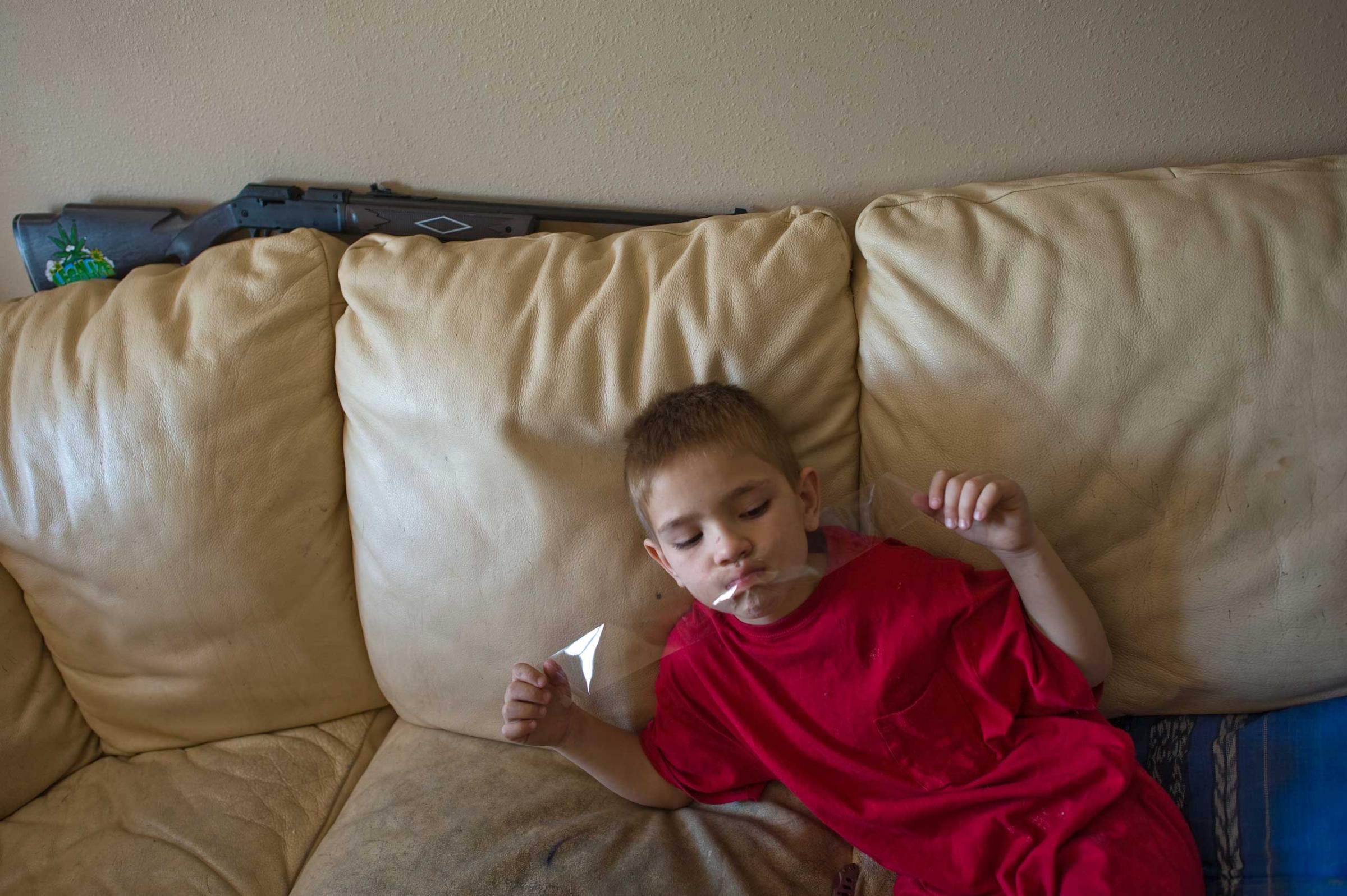
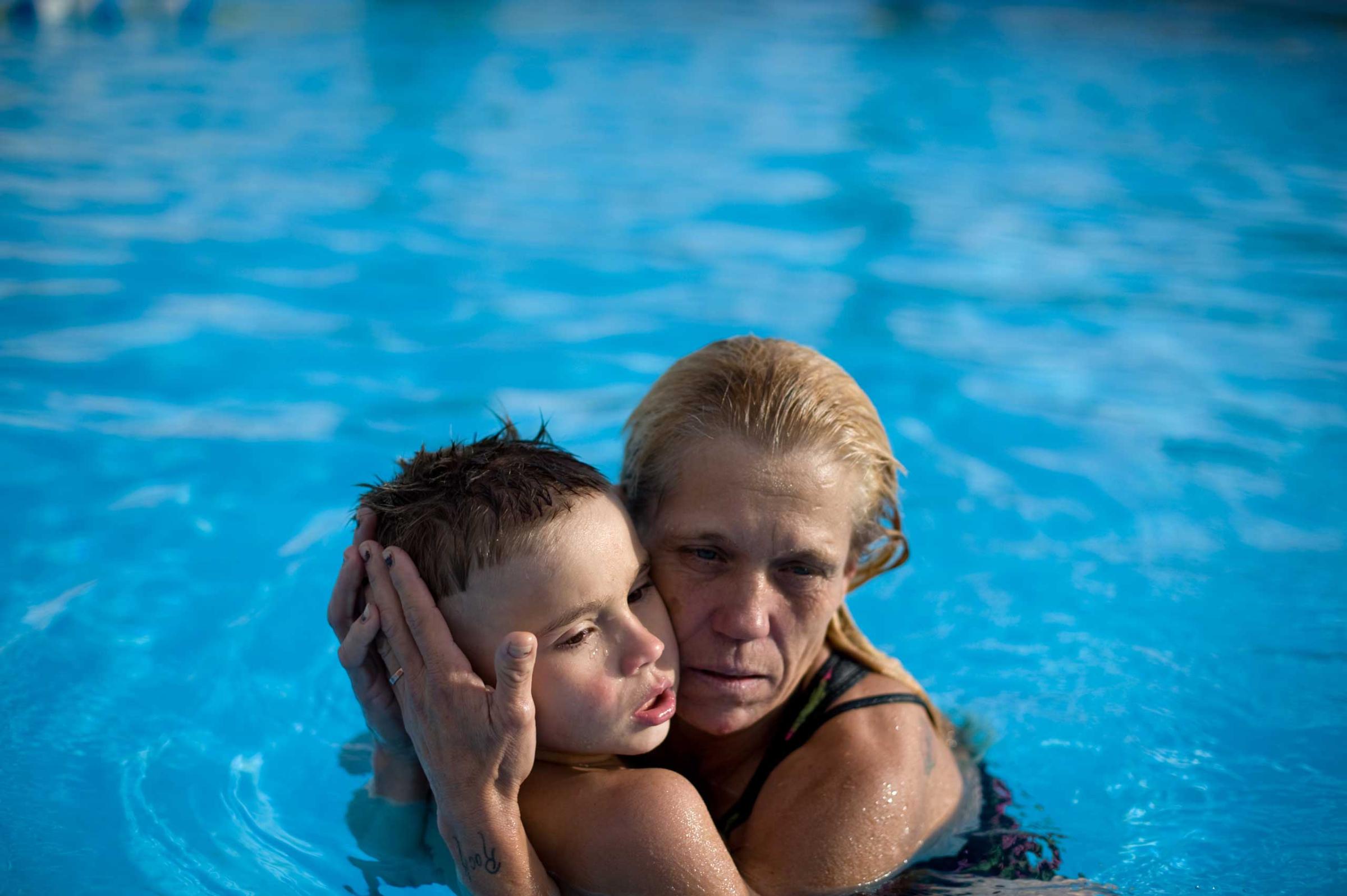
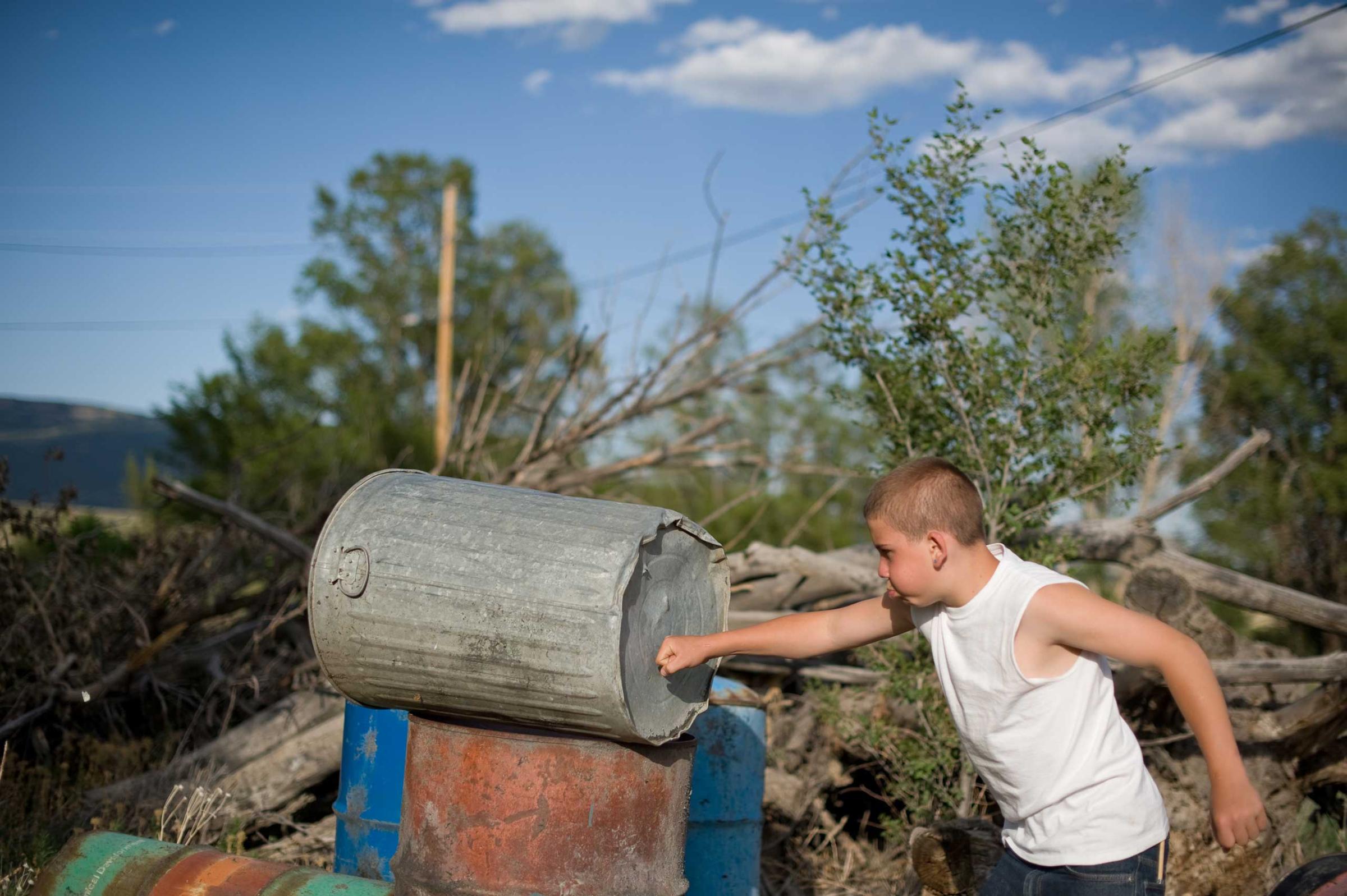
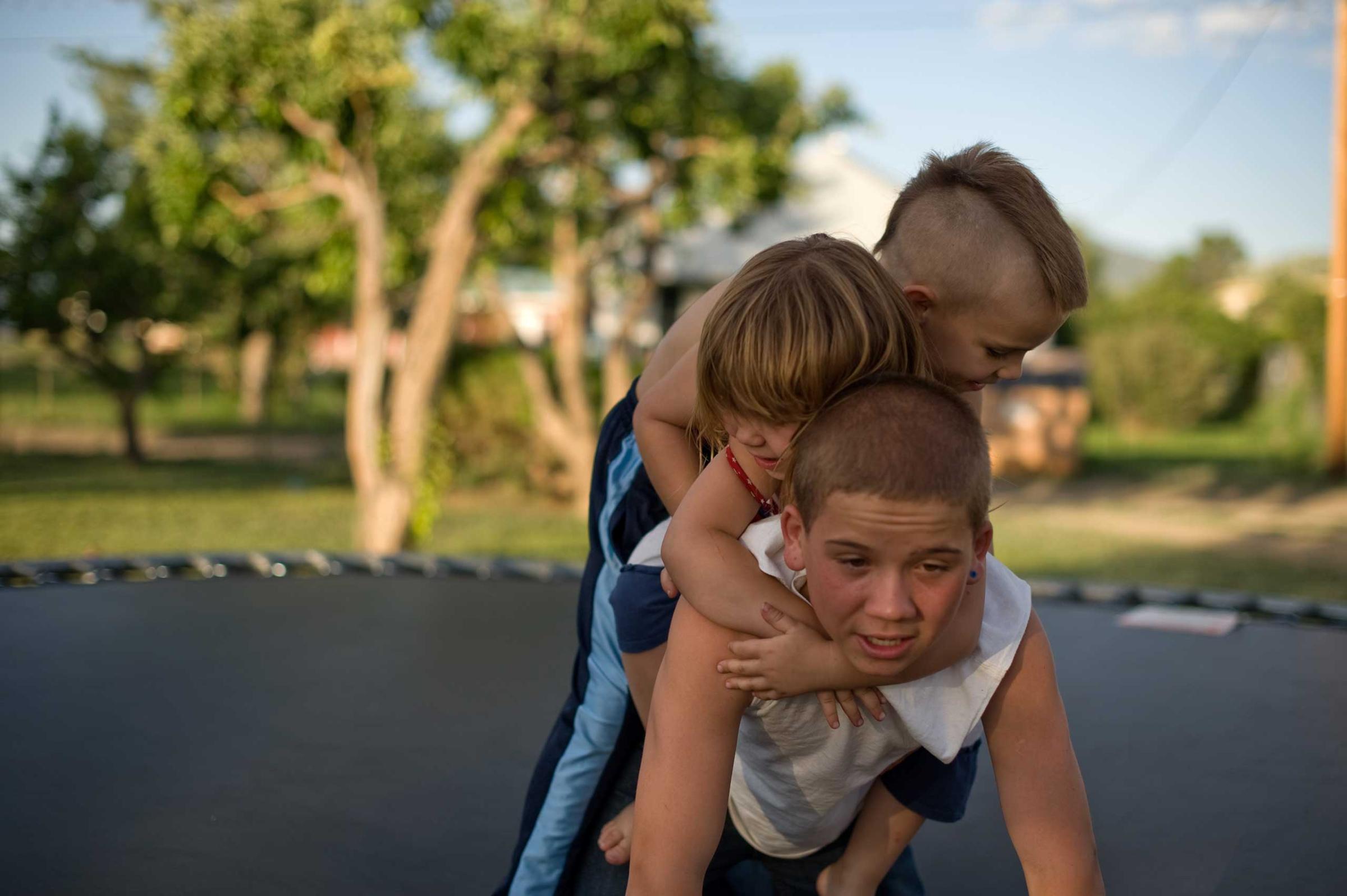
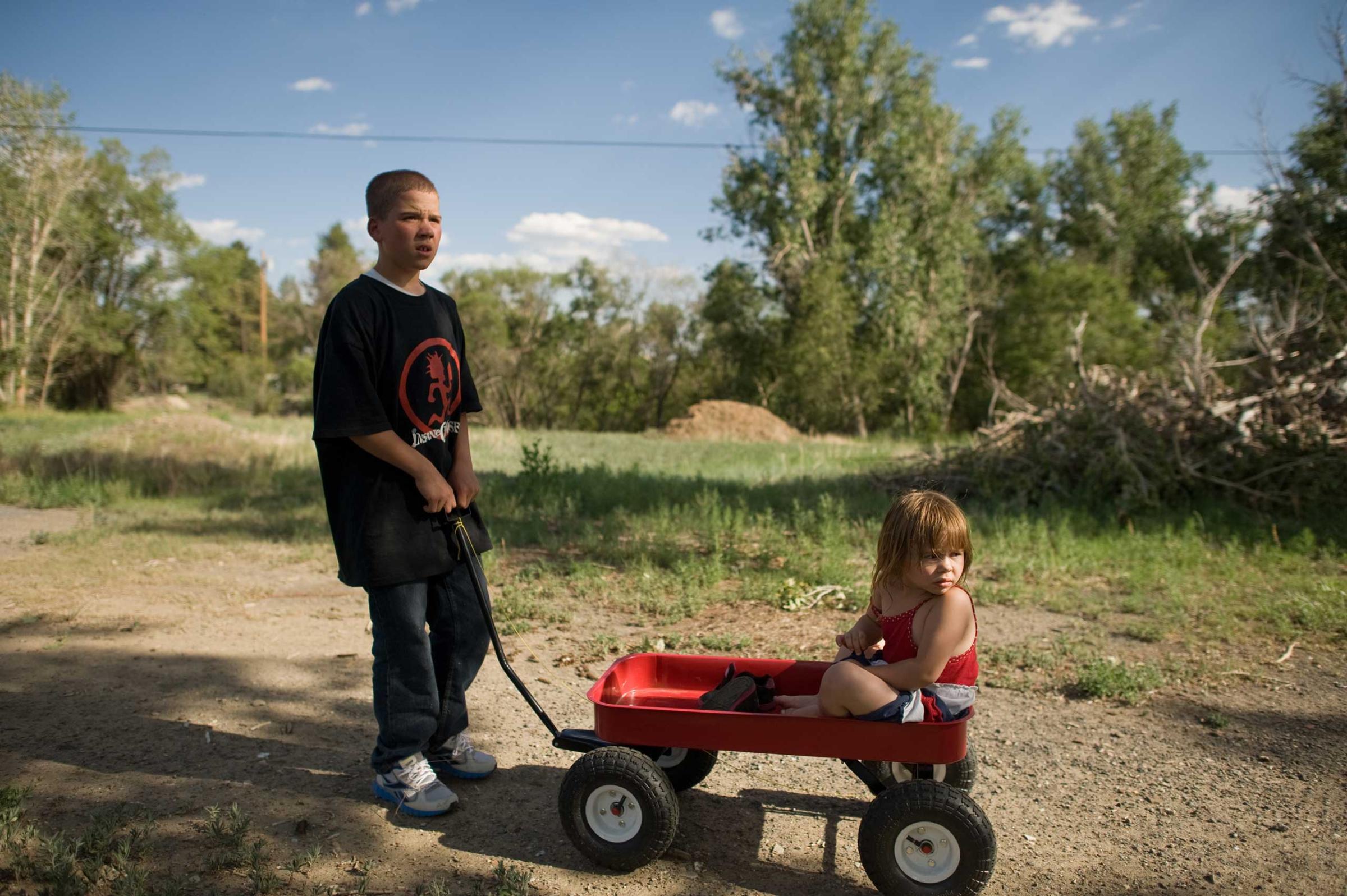
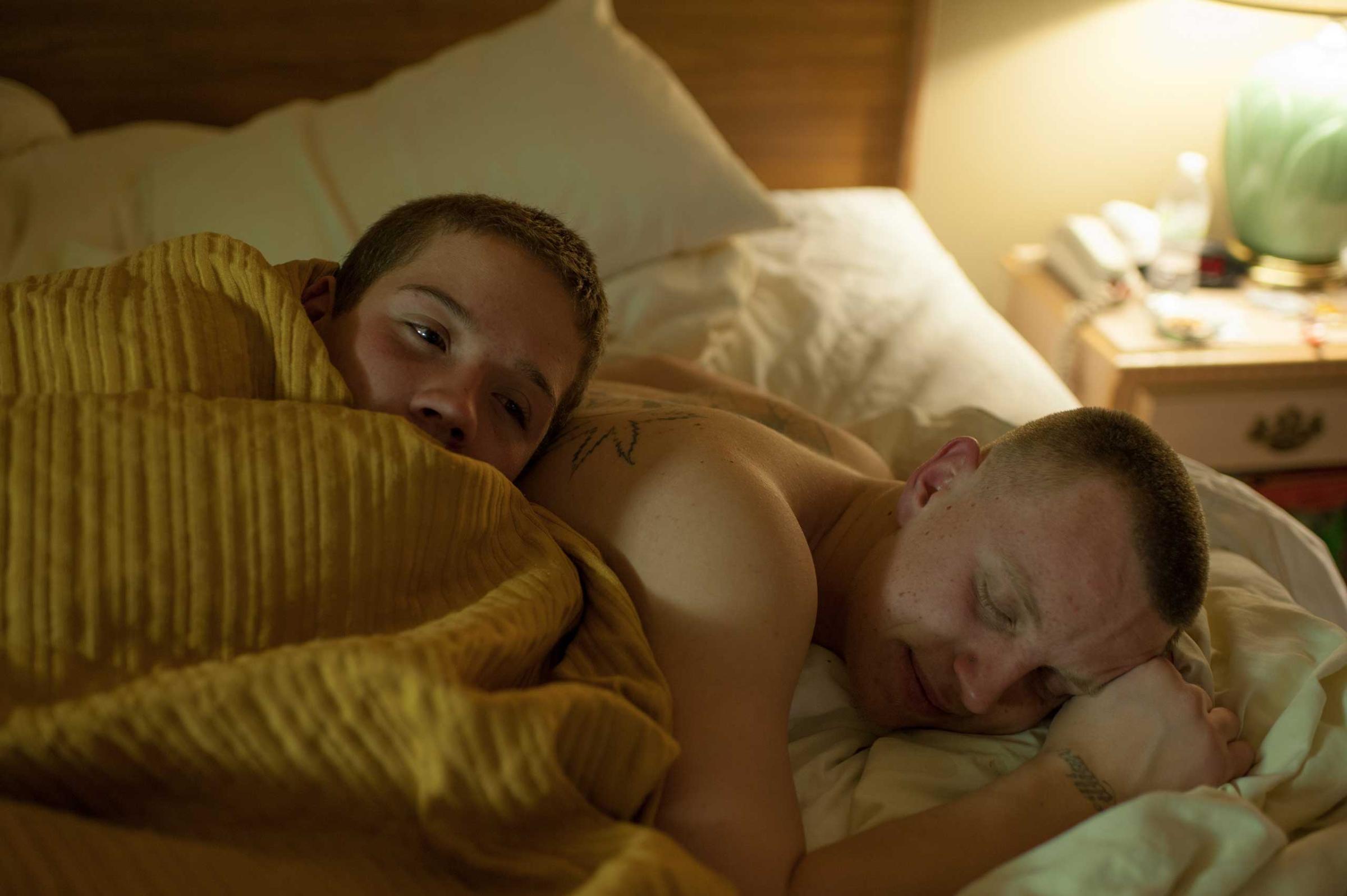
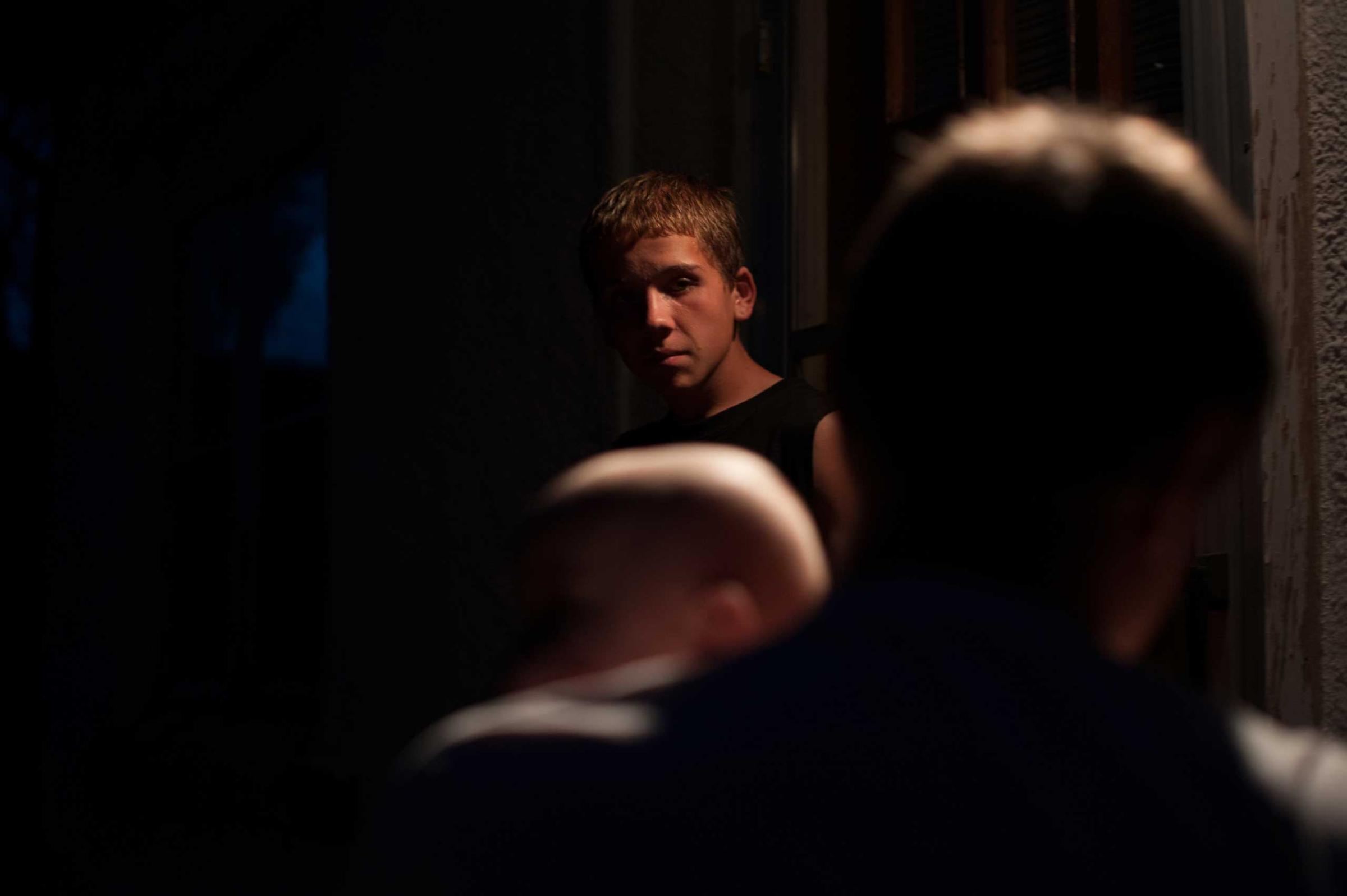
More Must-Reads from TIME
- Why Trump’s Message Worked on Latino Men
- What Trump’s Win Could Mean for Housing
- The 100 Must-Read Books of 2024
- Sleep Doctors Share the 1 Tip That’s Changed Their Lives
- Column: Let’s Bring Back Romance
- What It’s Like to Have Long COVID As a Kid
- FX’s Say Nothing Is the Must-Watch Political Thriller of 2024
- Merle Bombardieri Is Helping People Make the Baby Decision
Contact us at letters@time.com